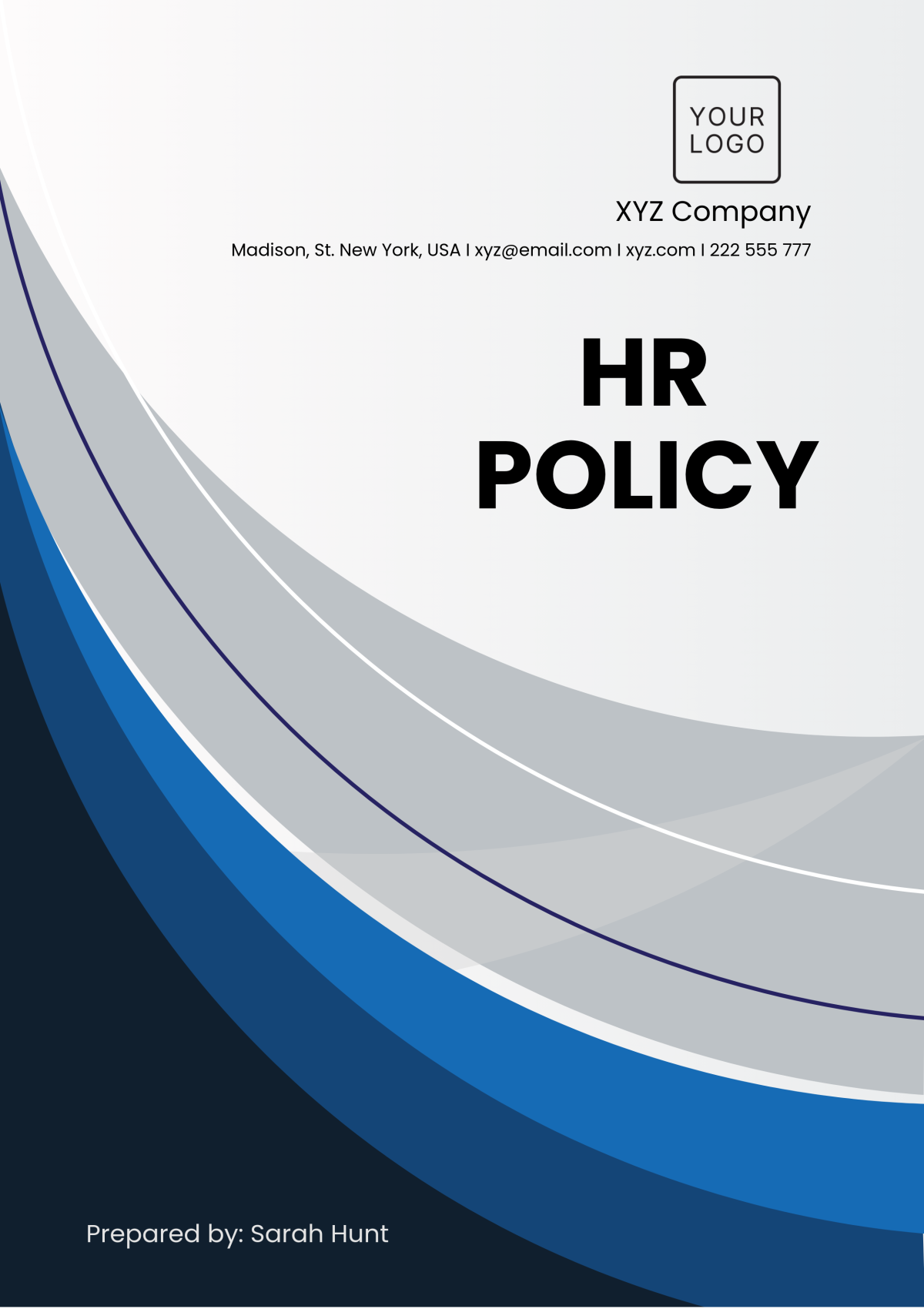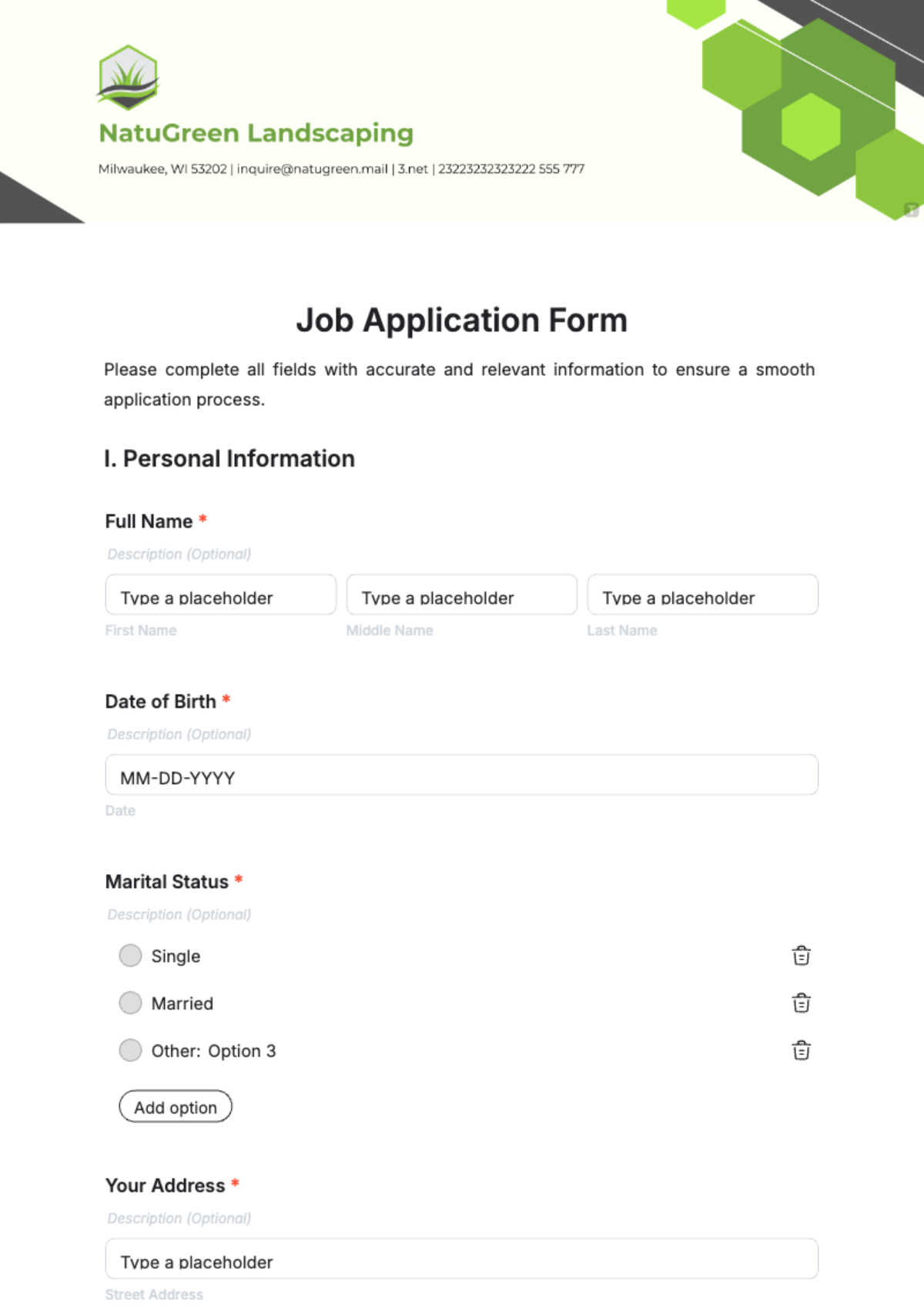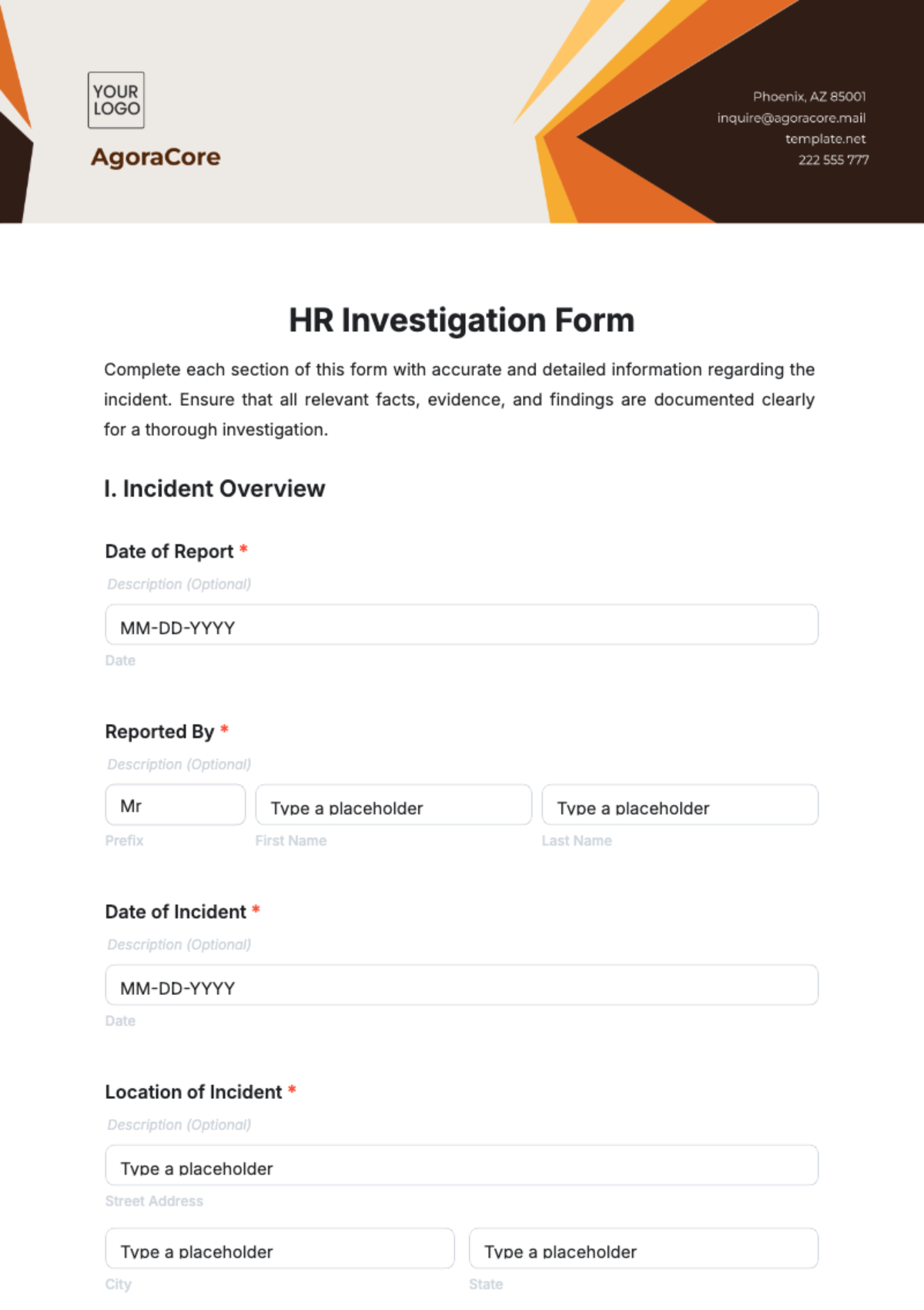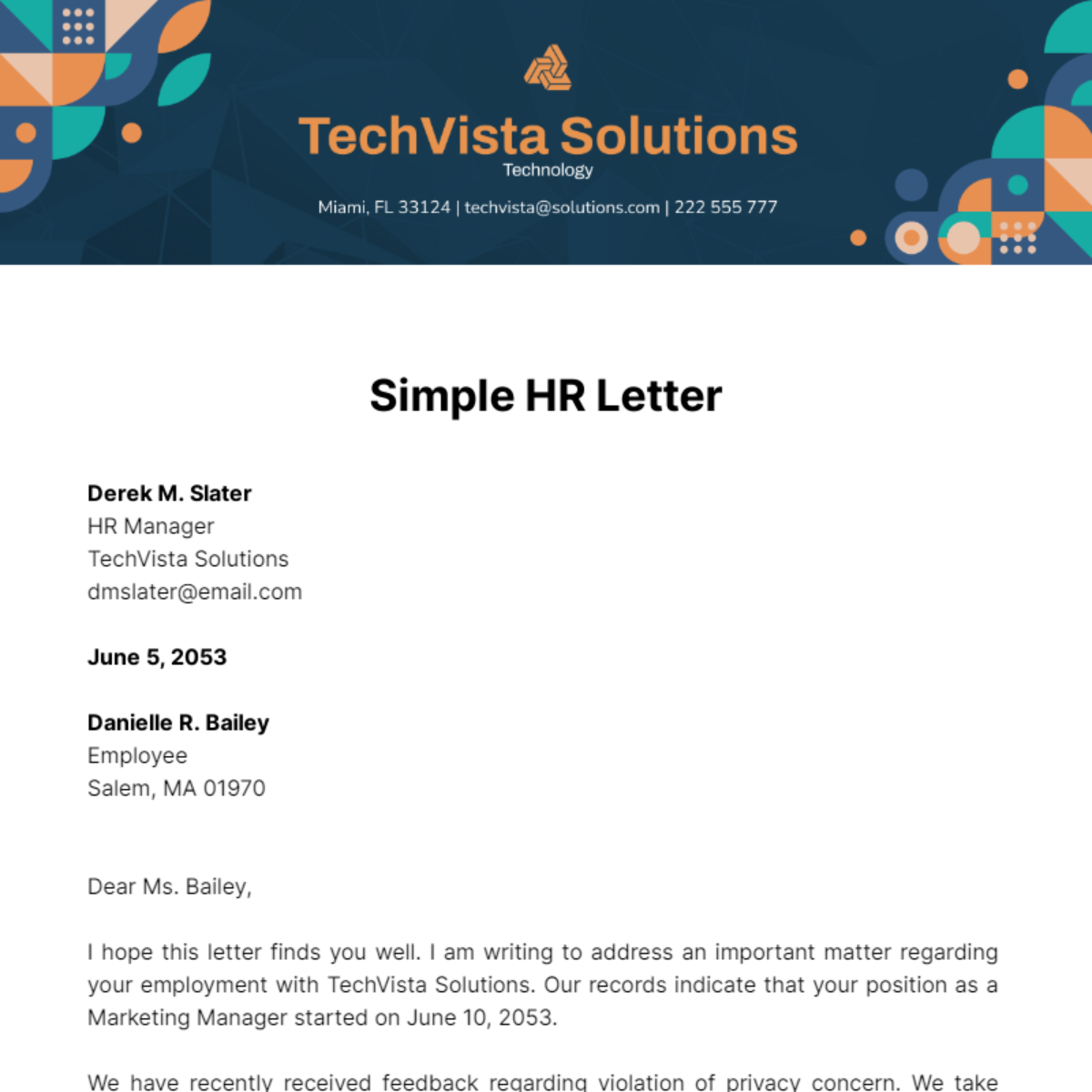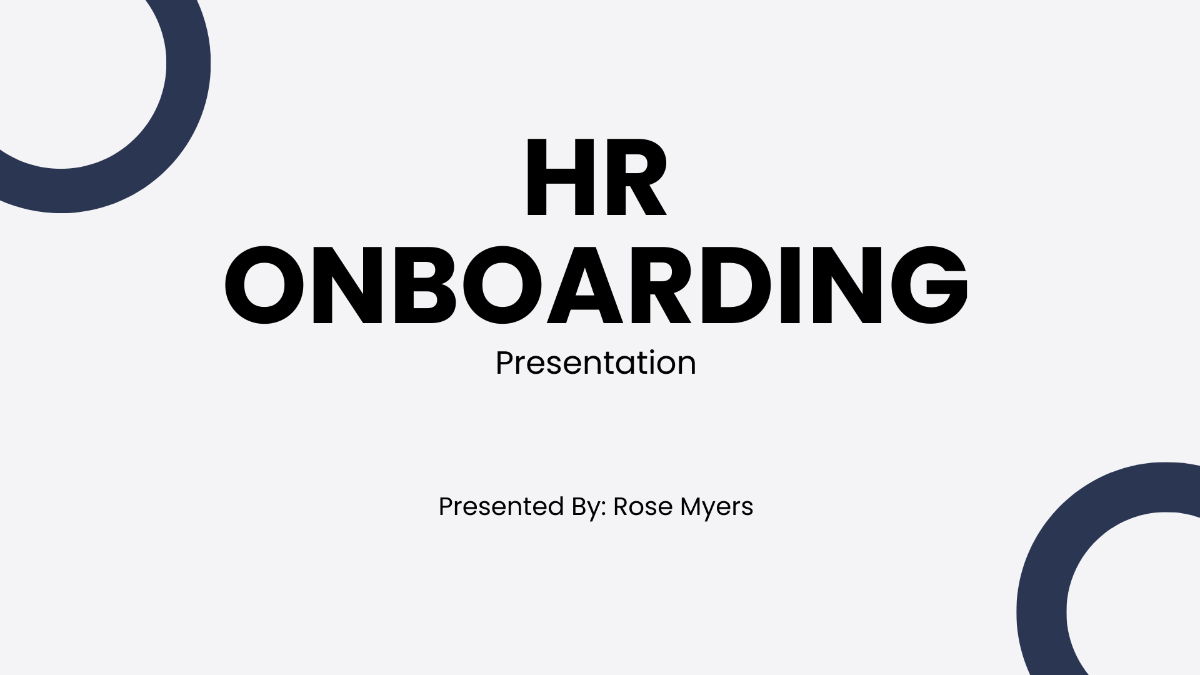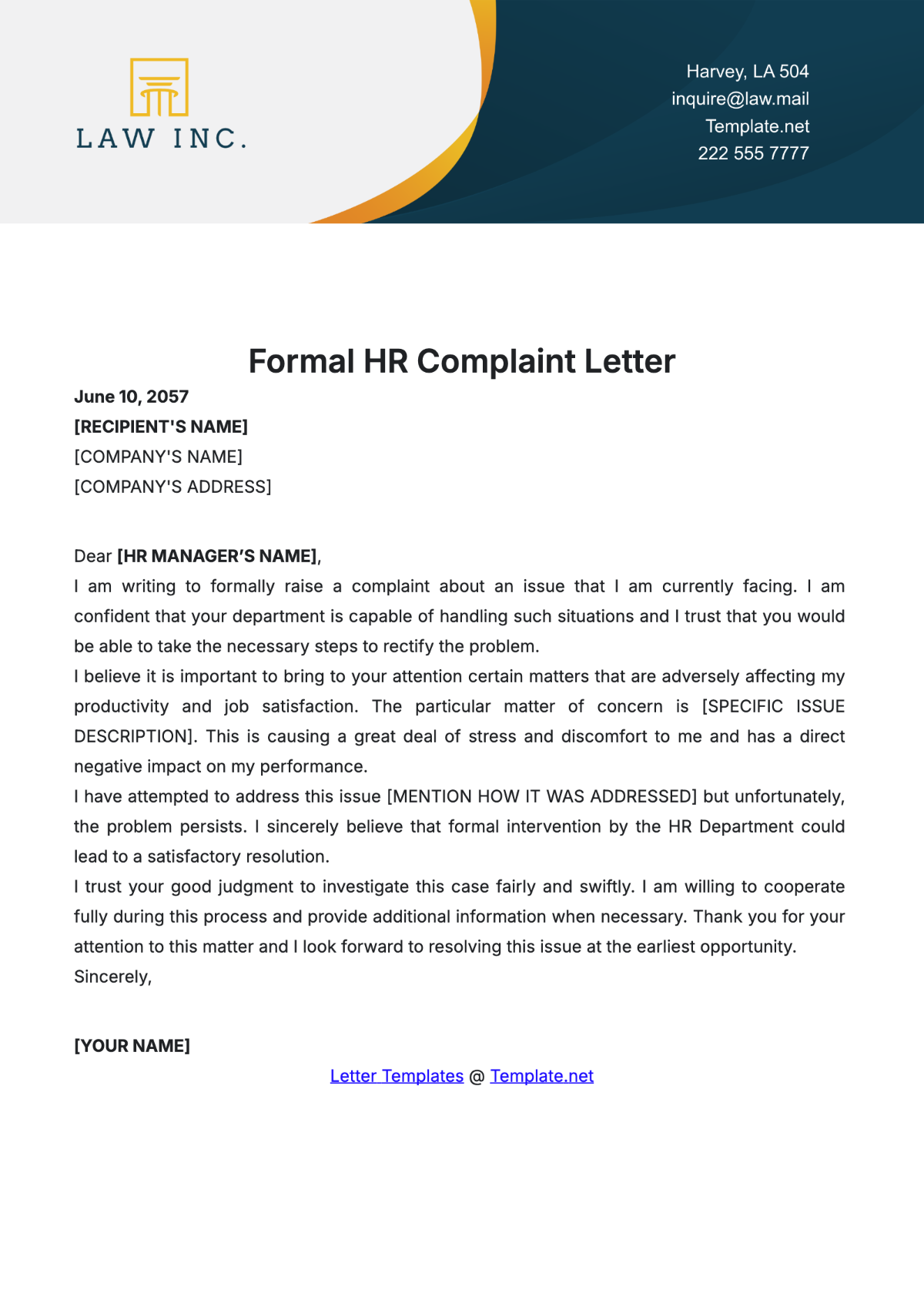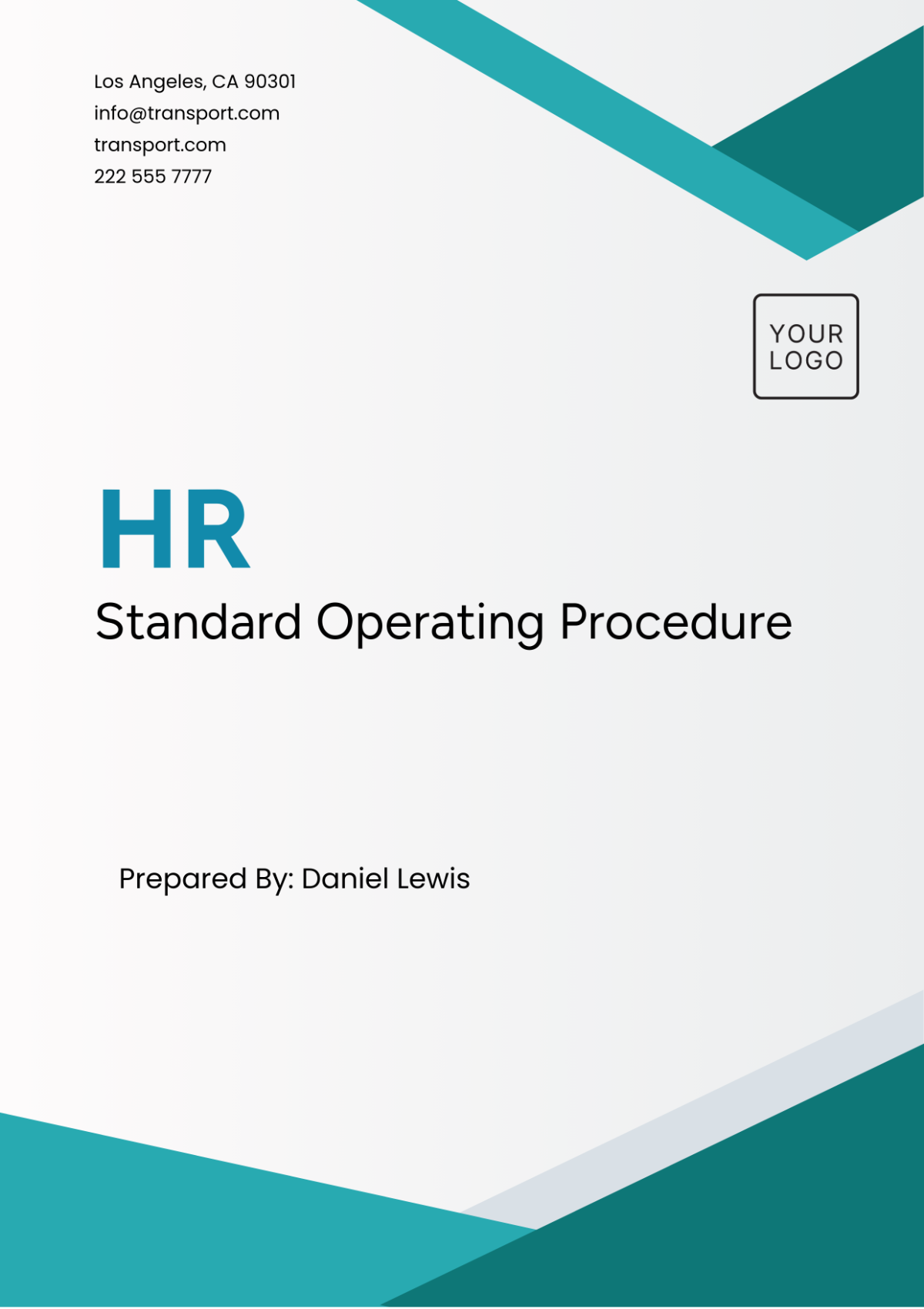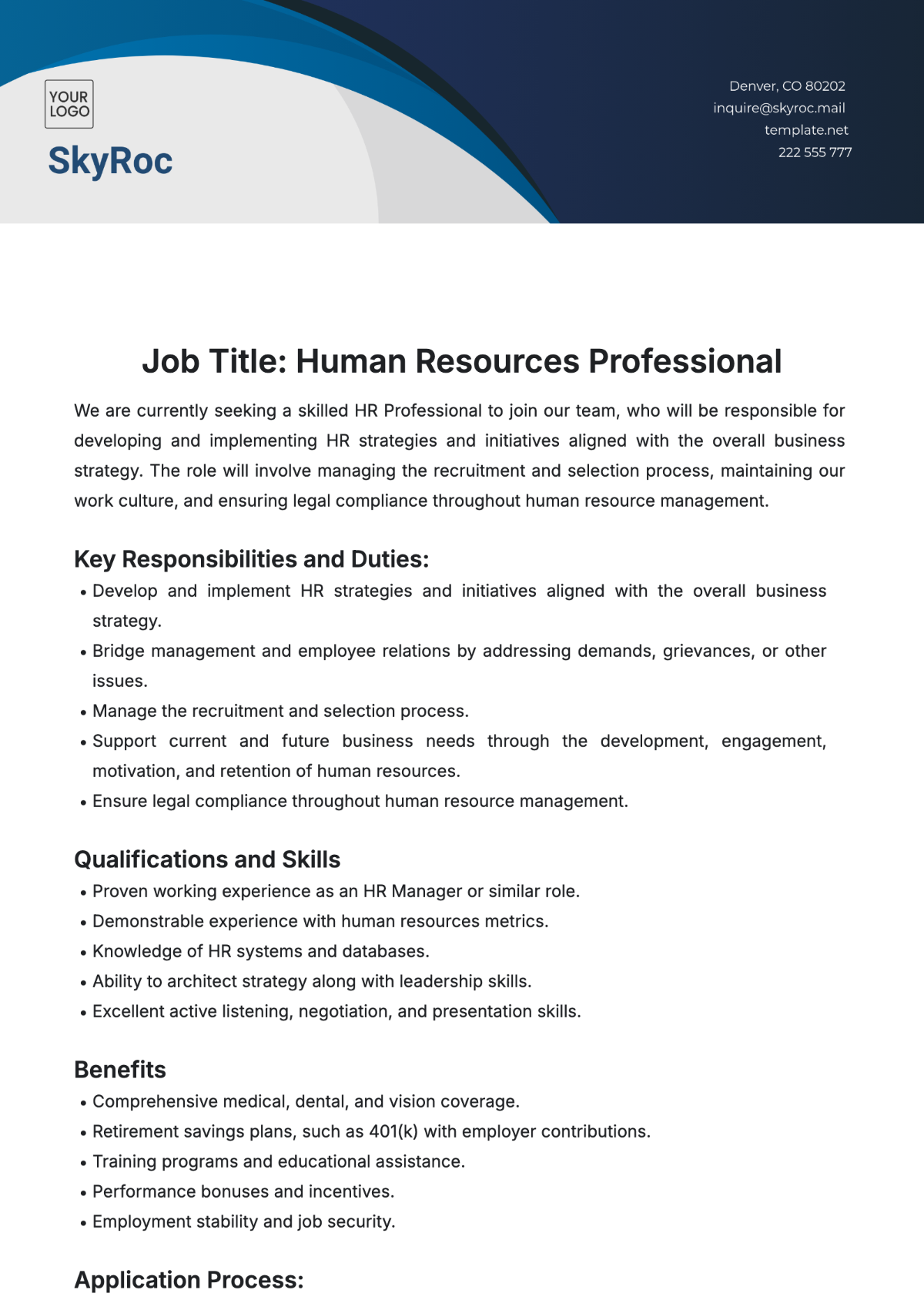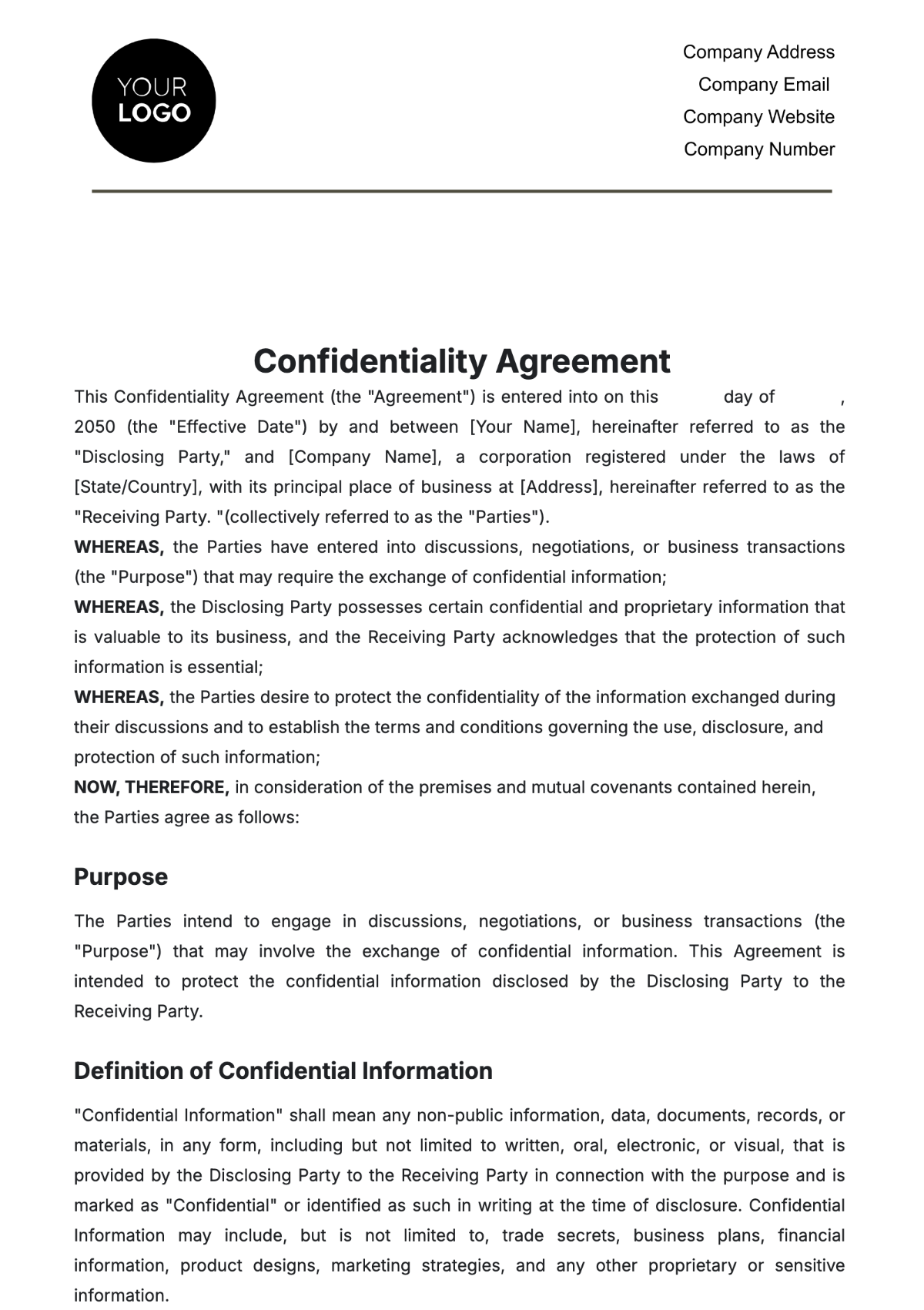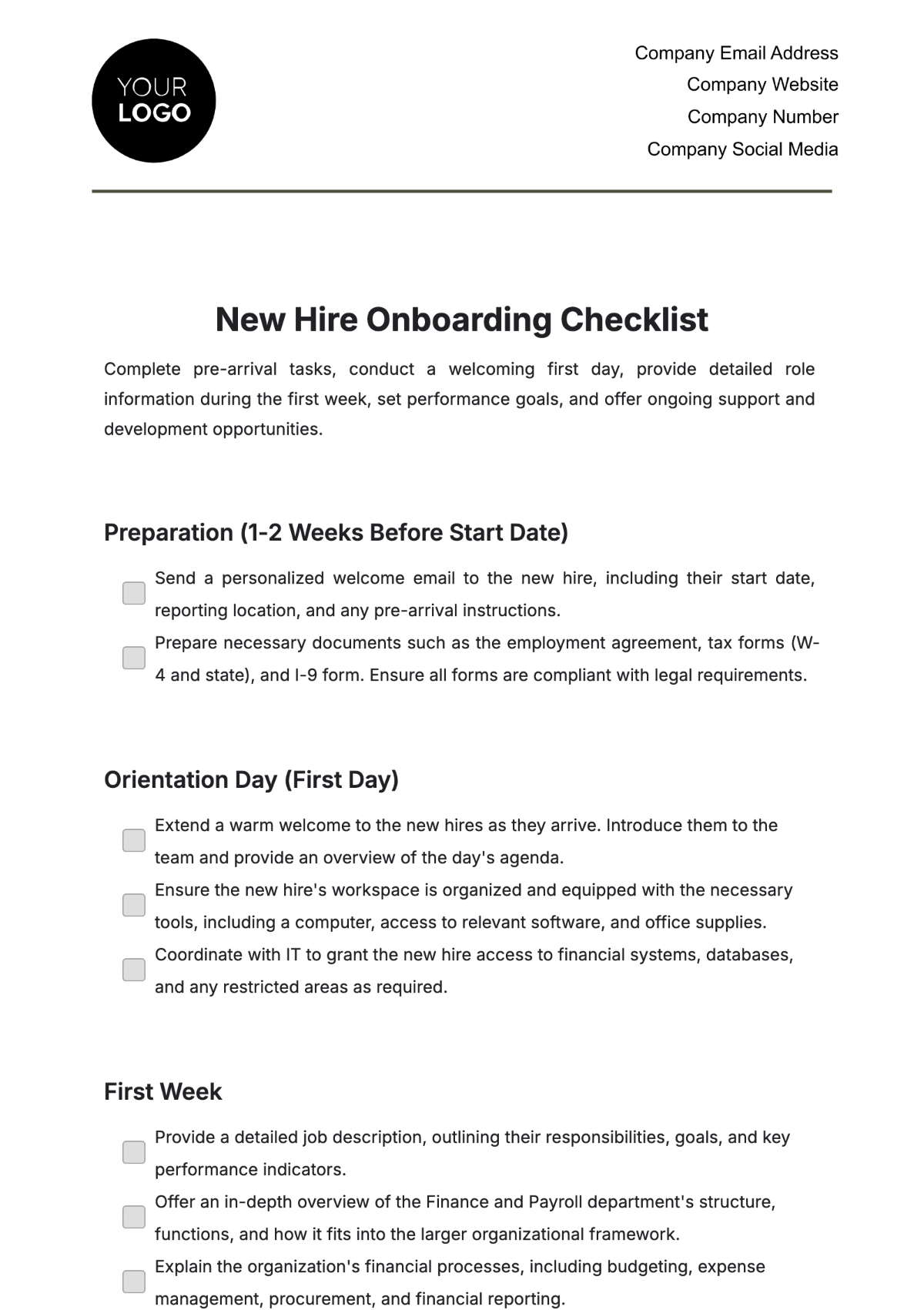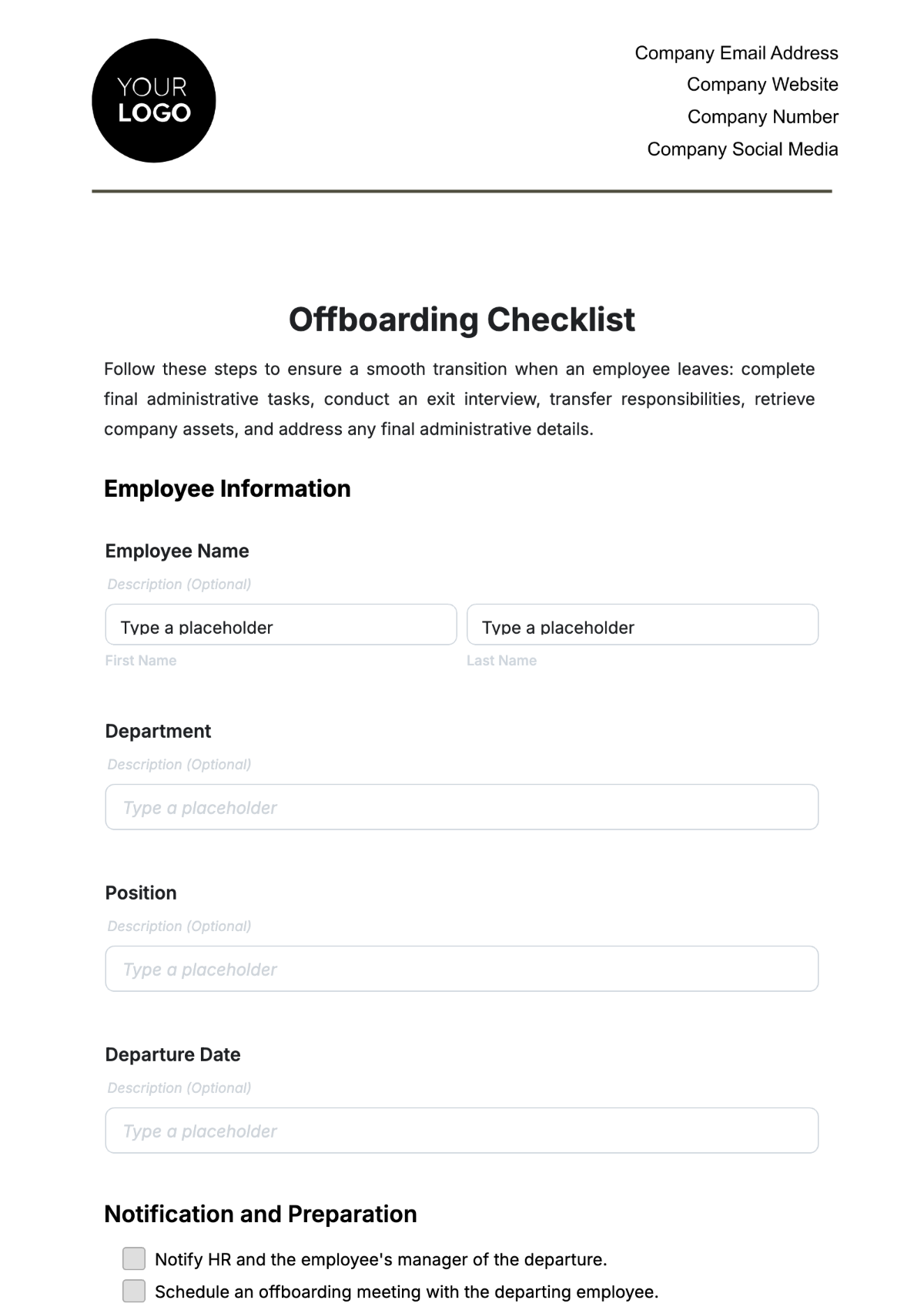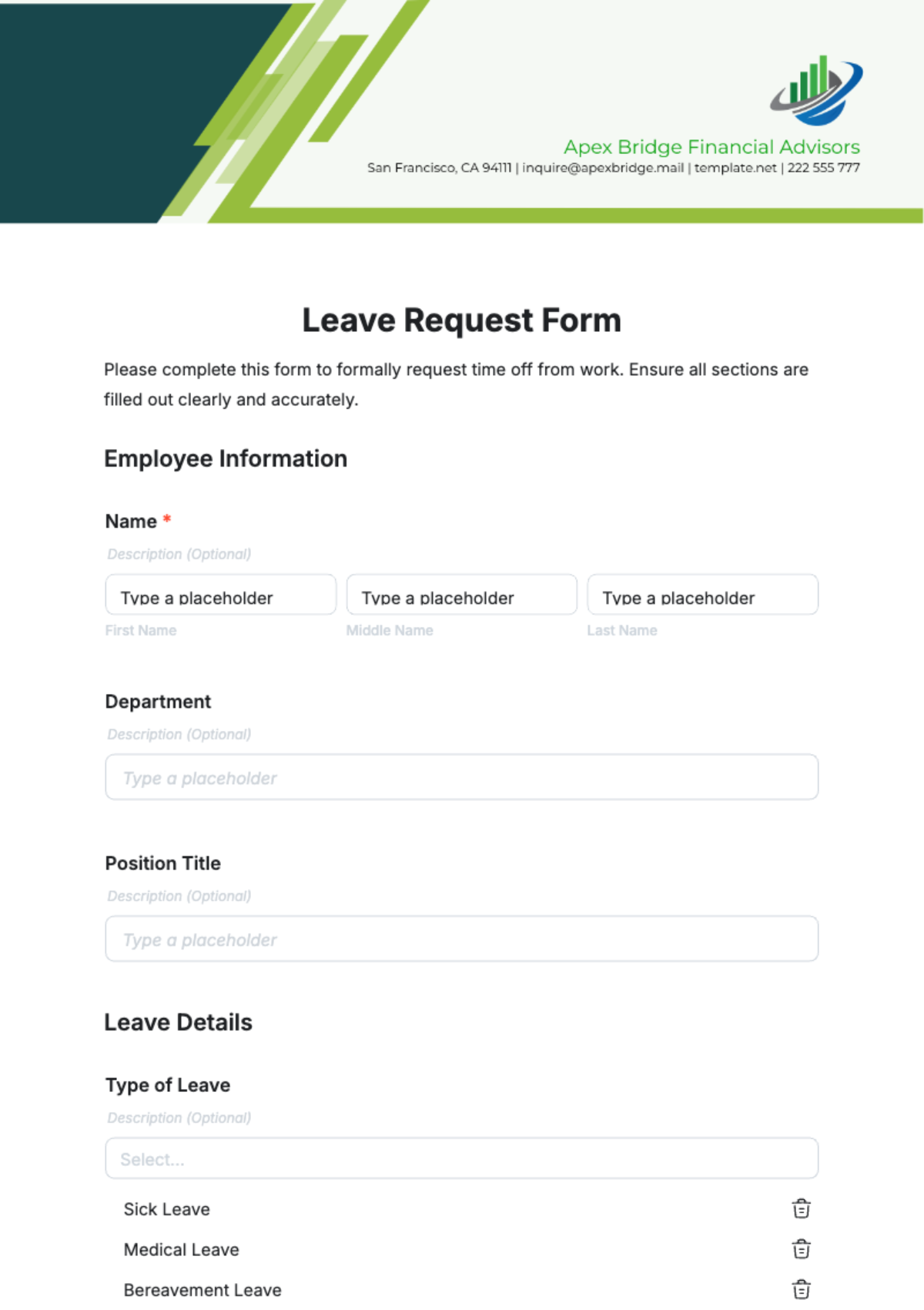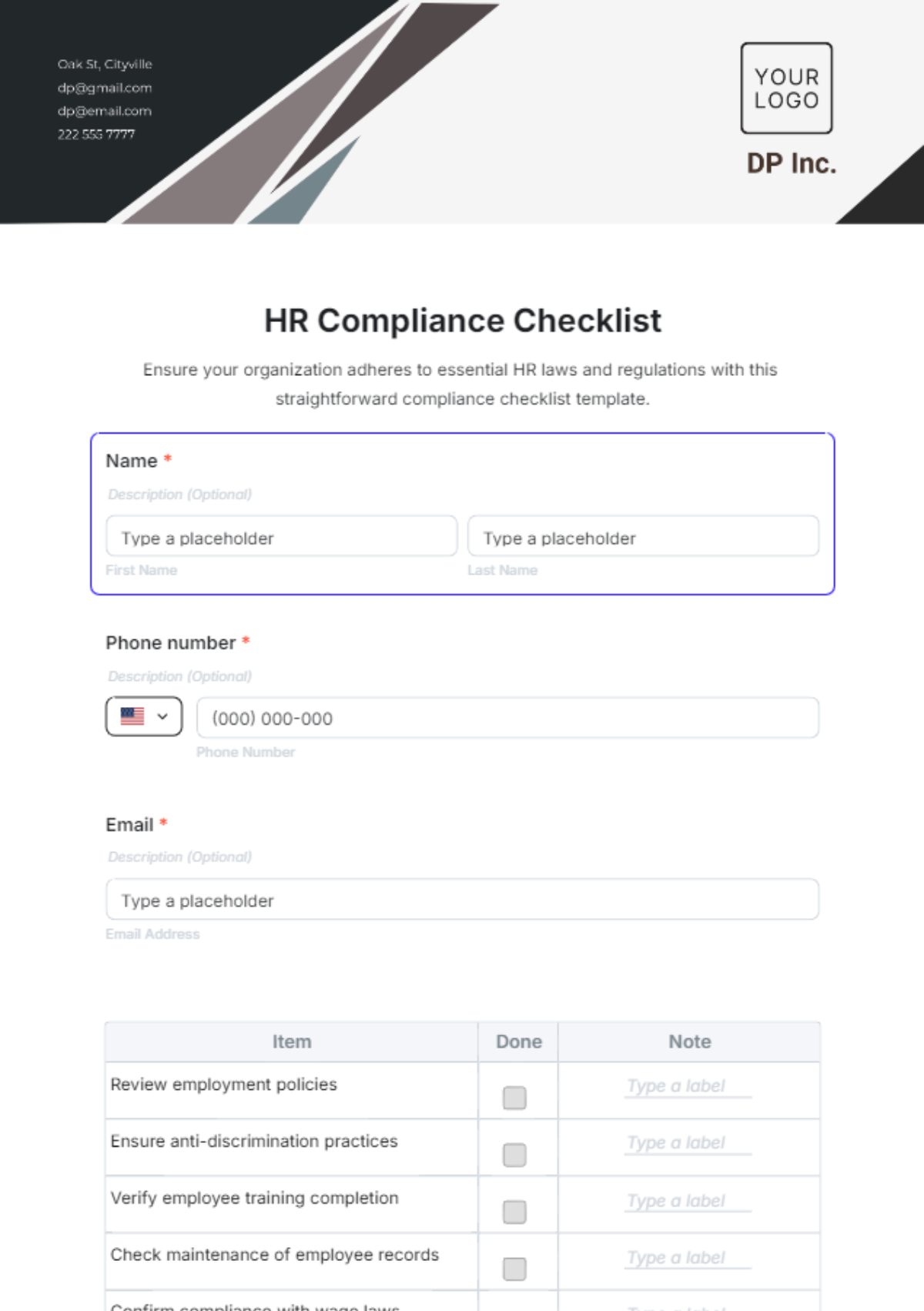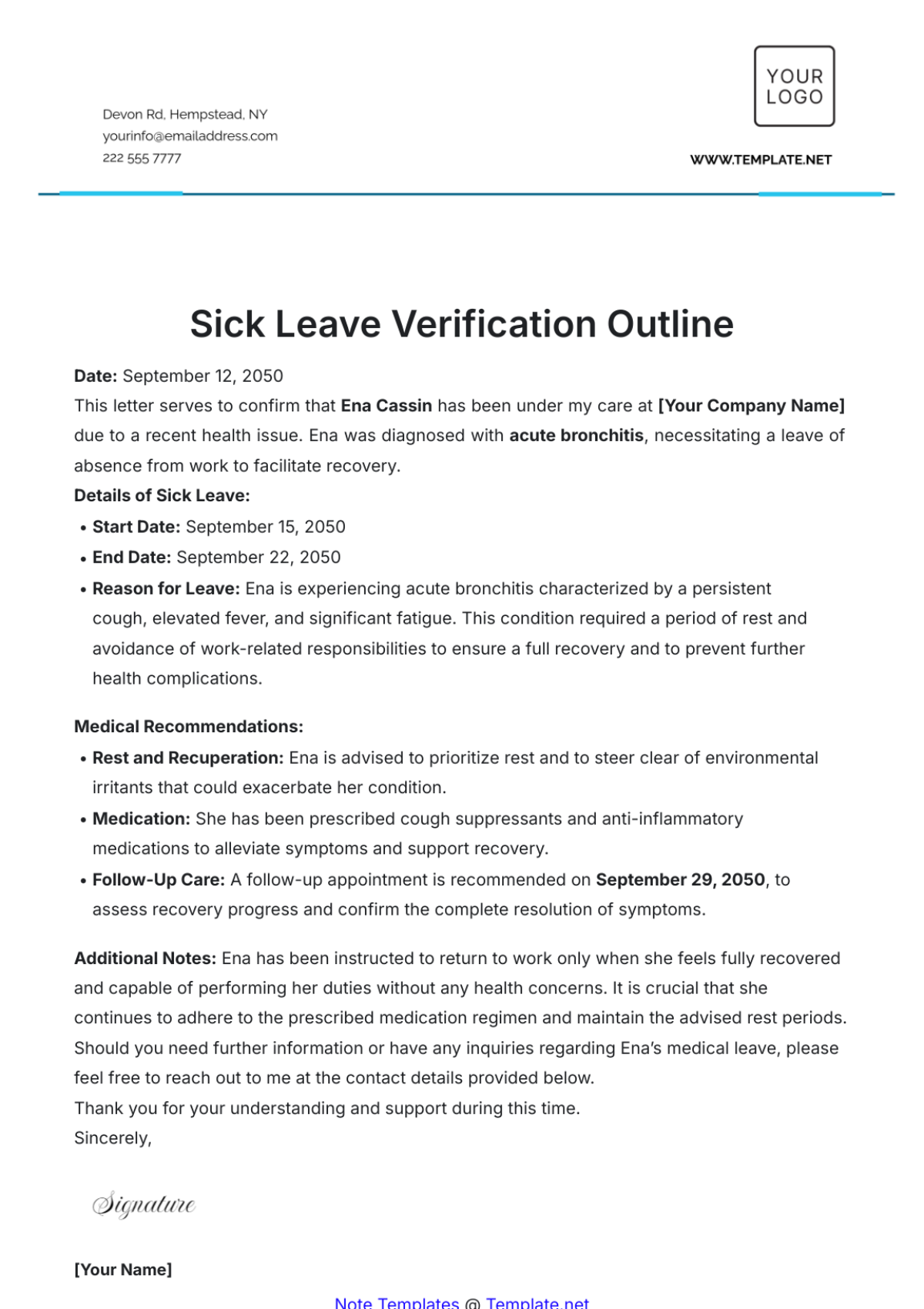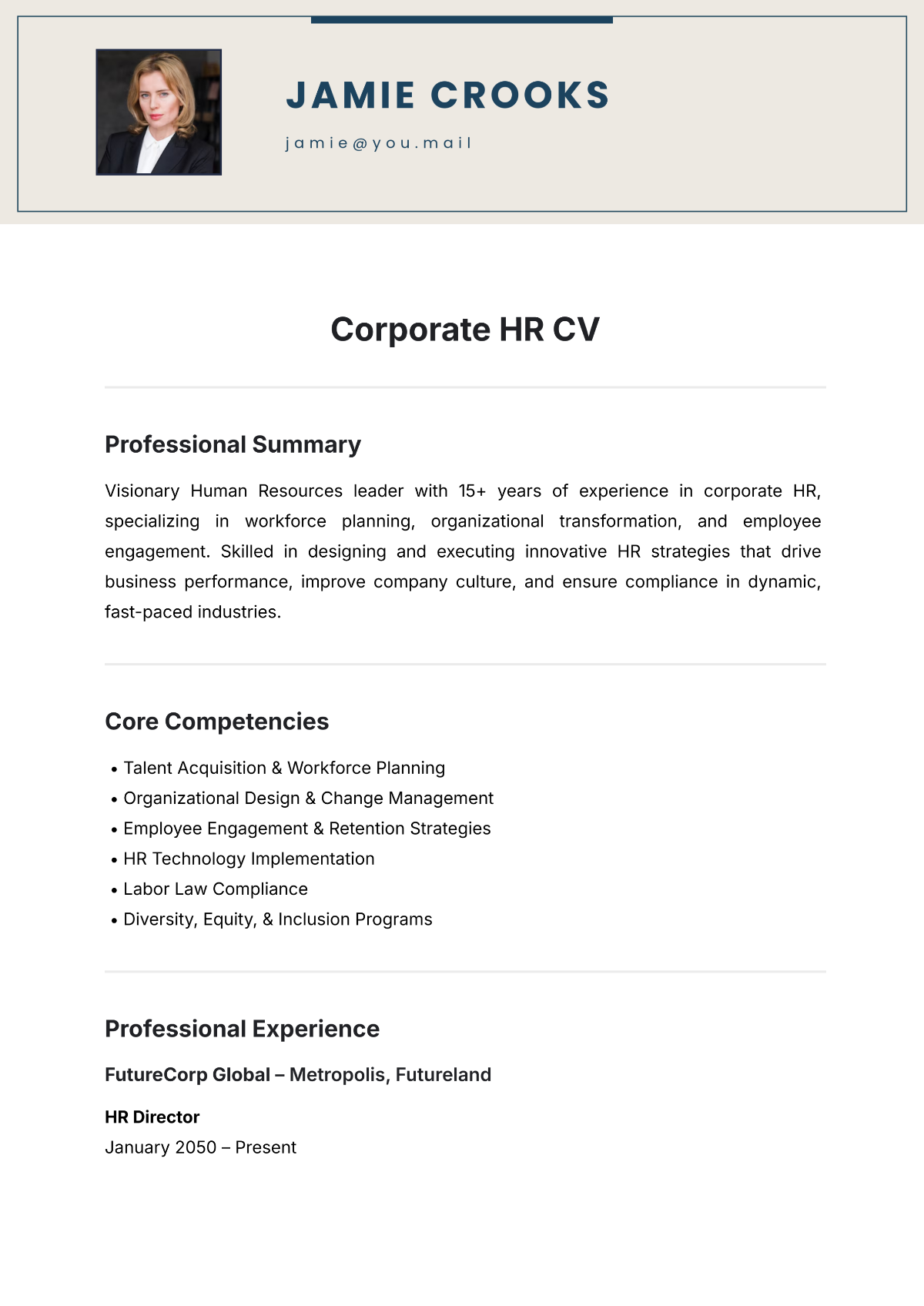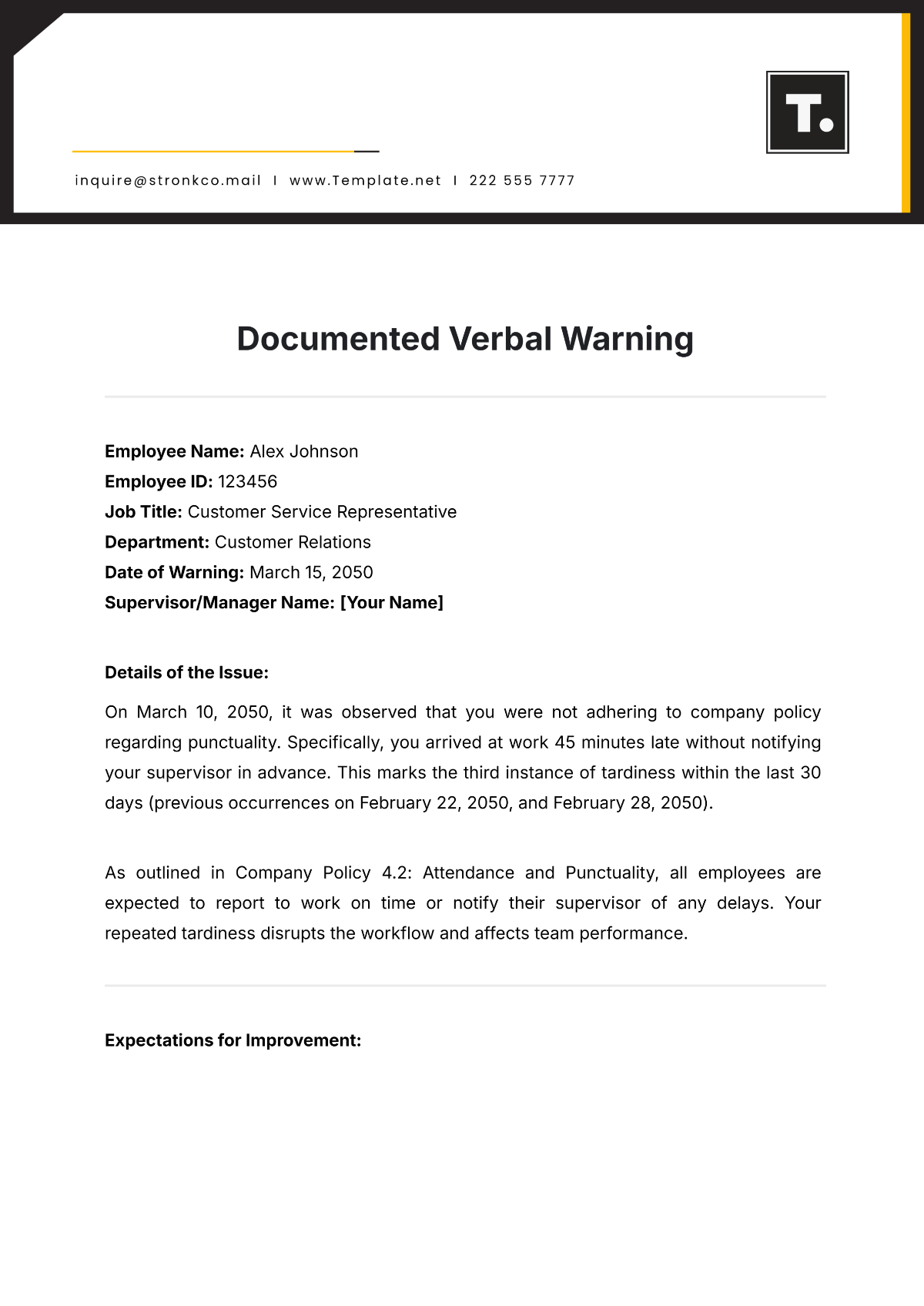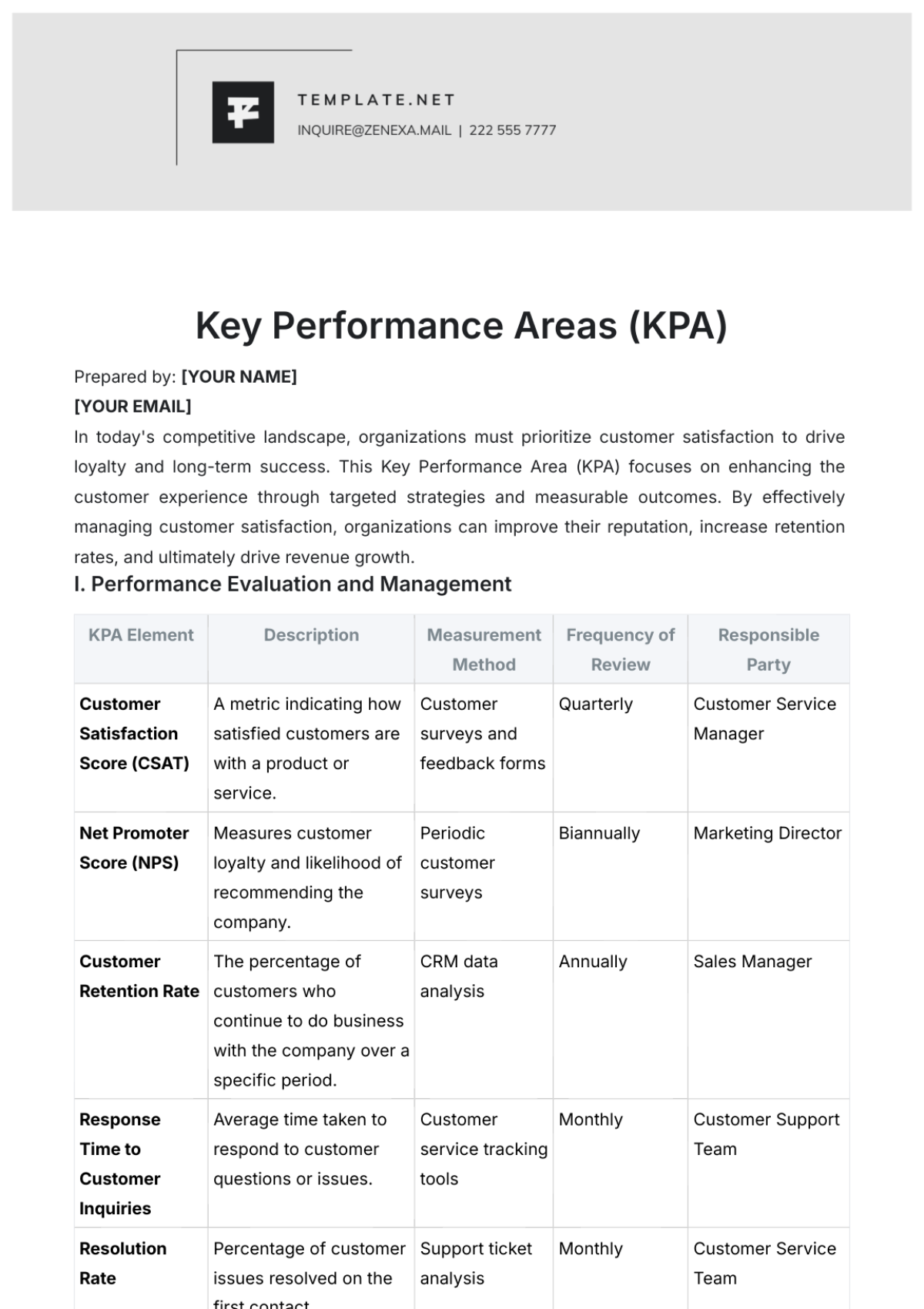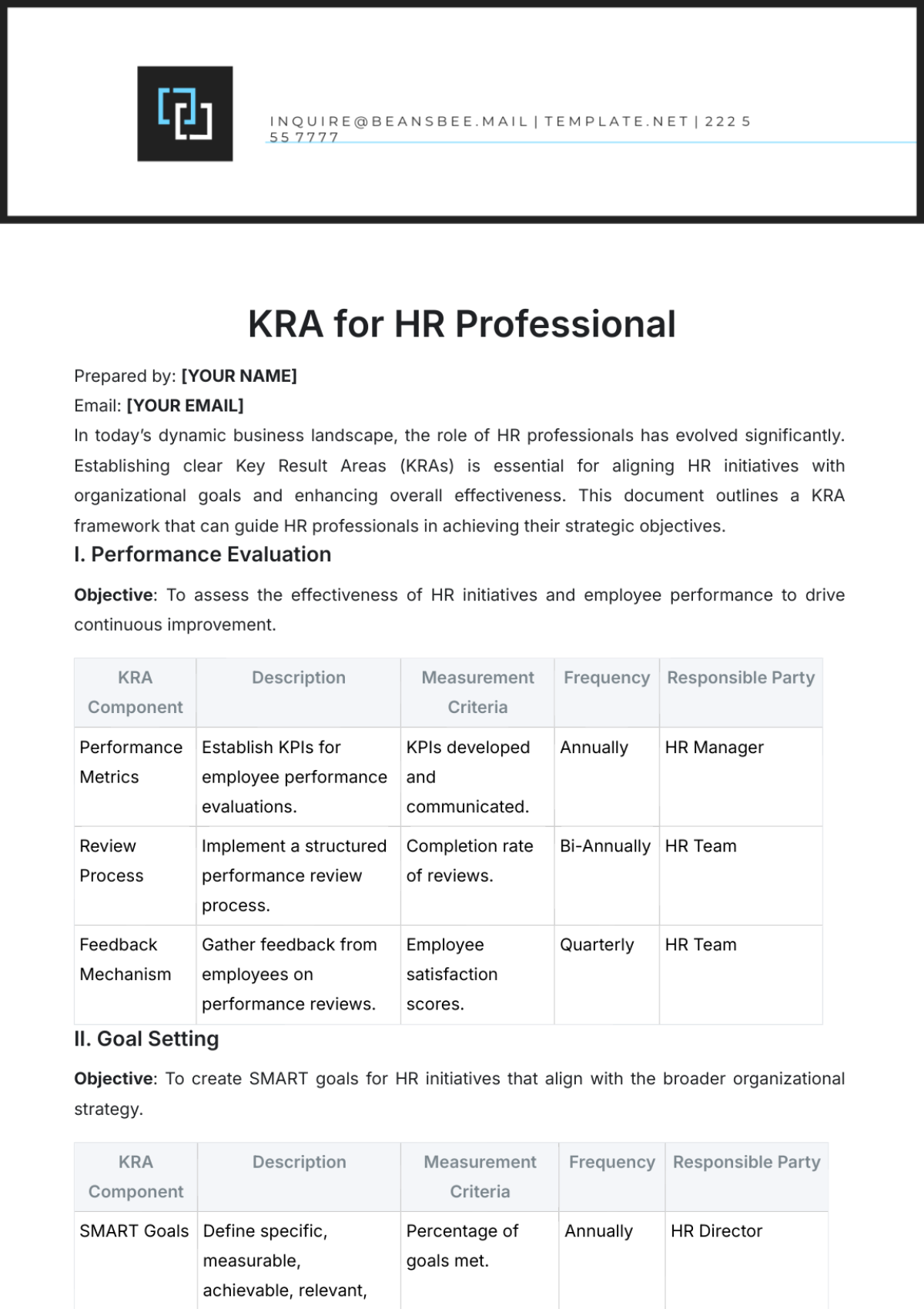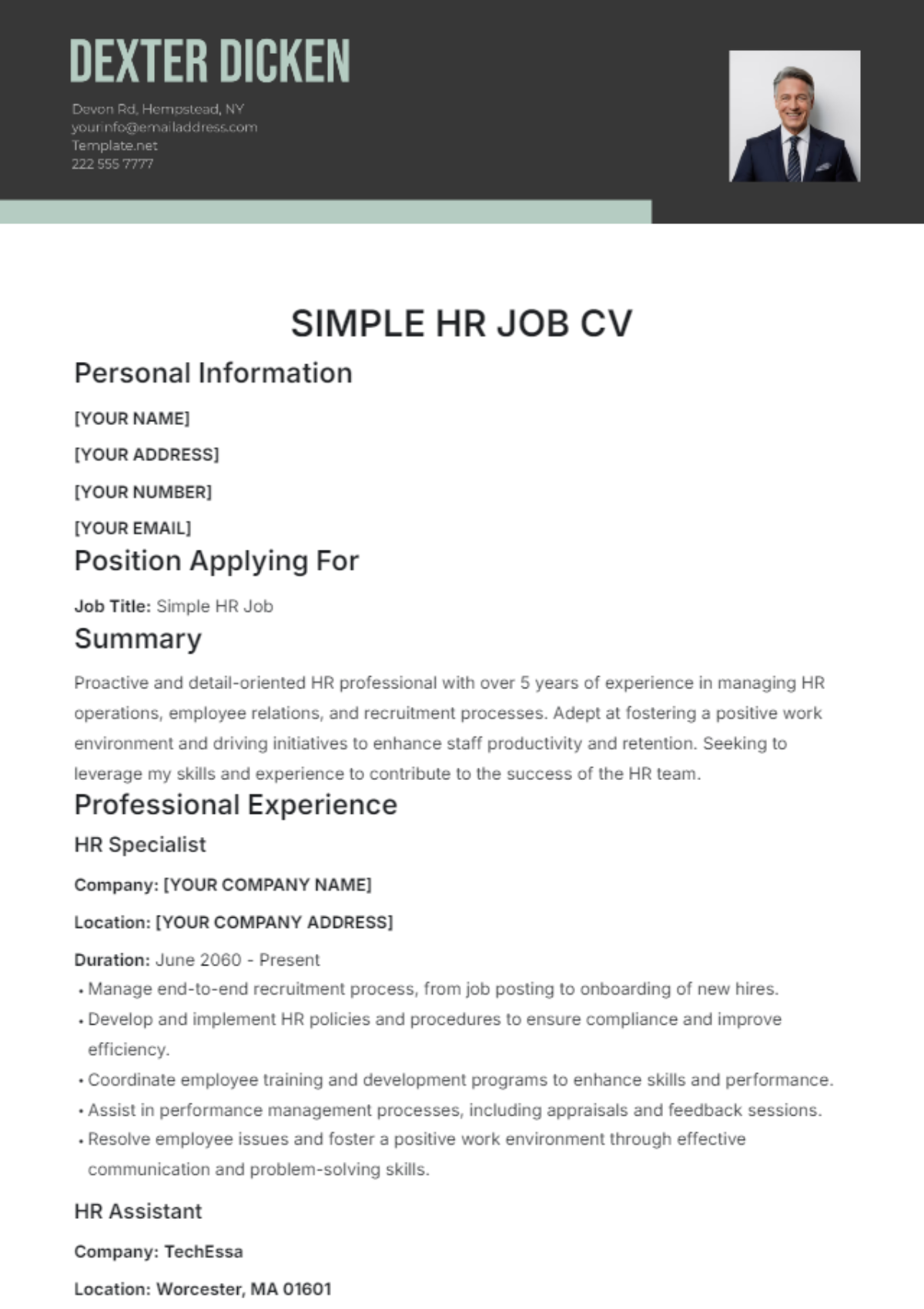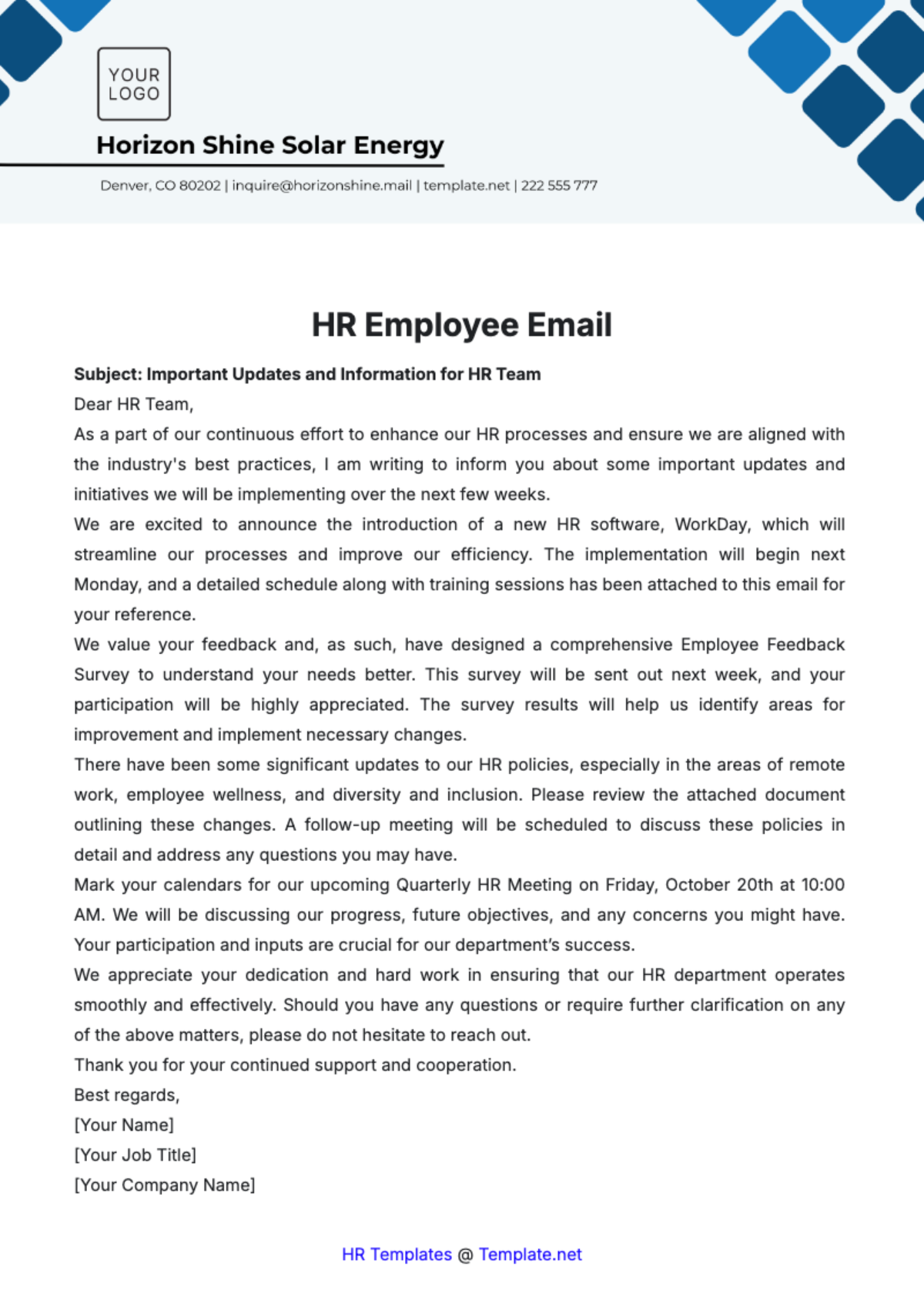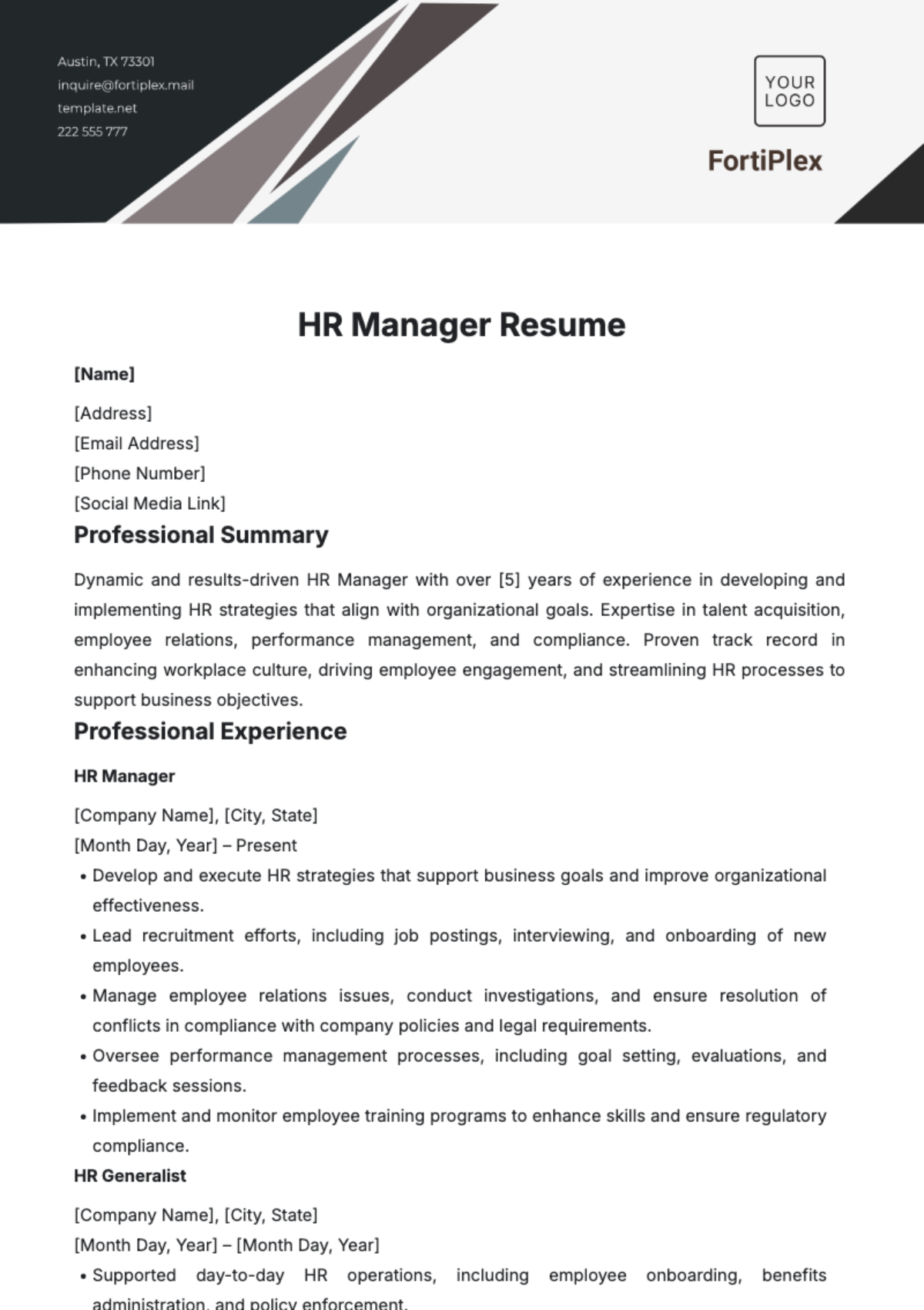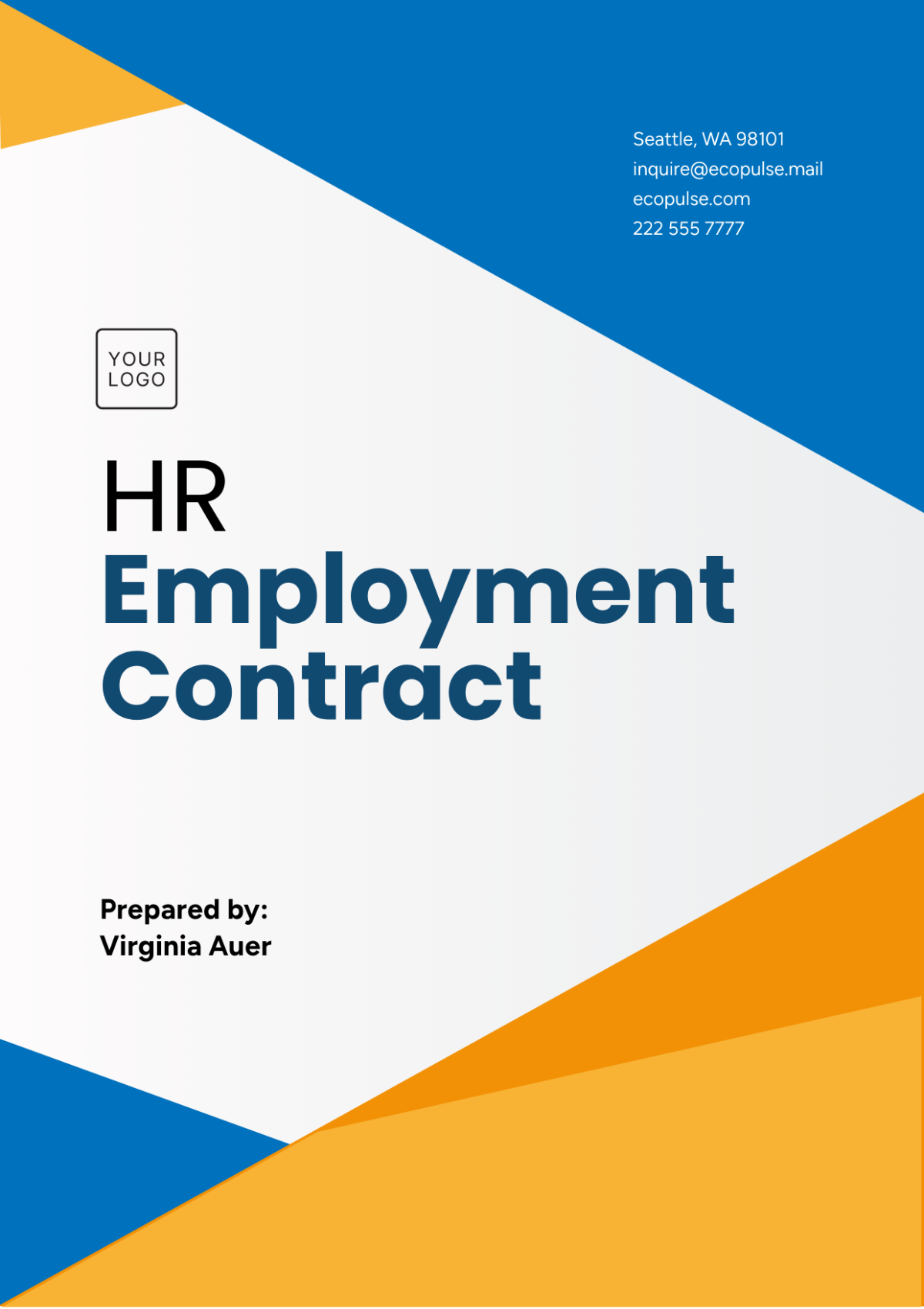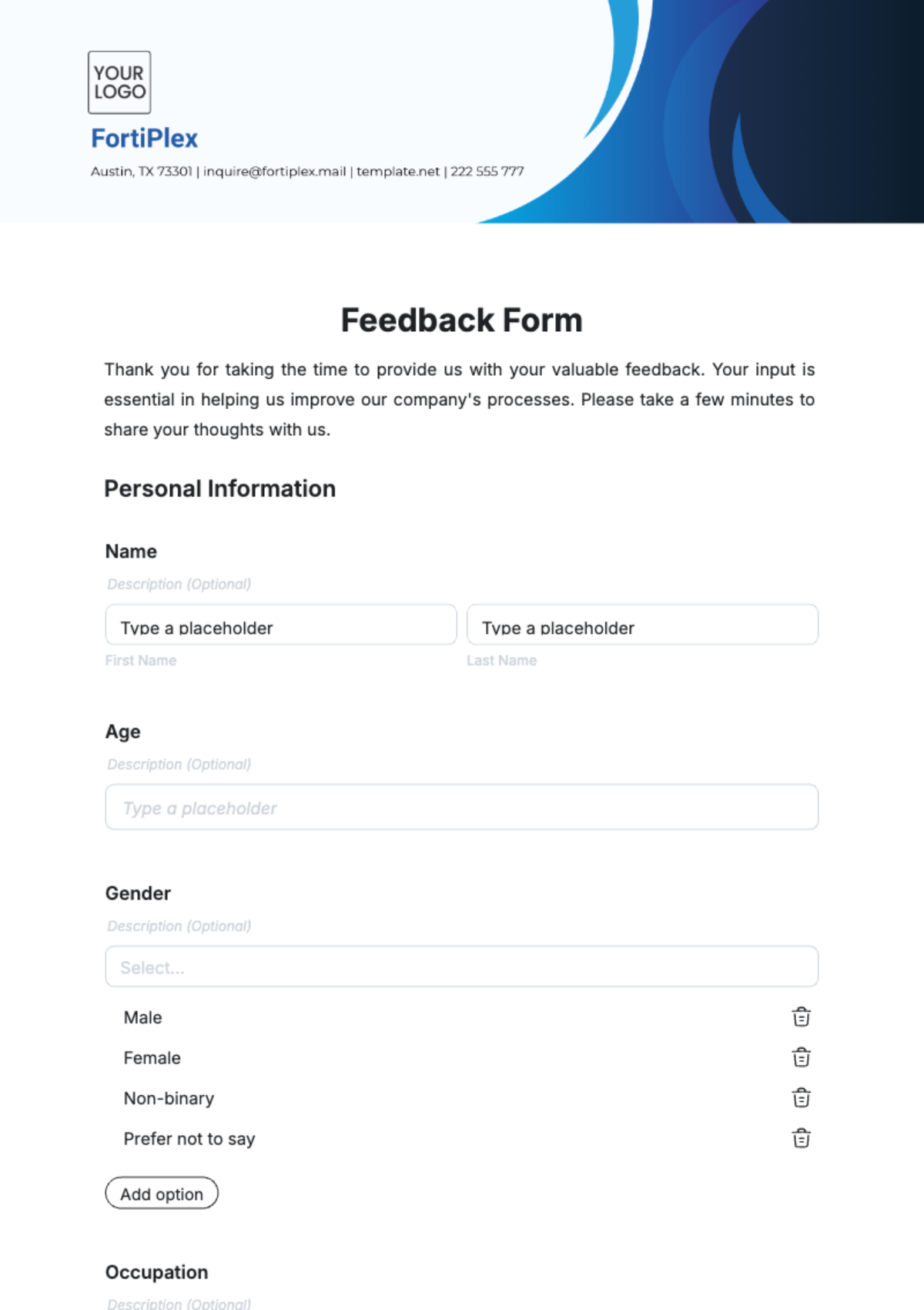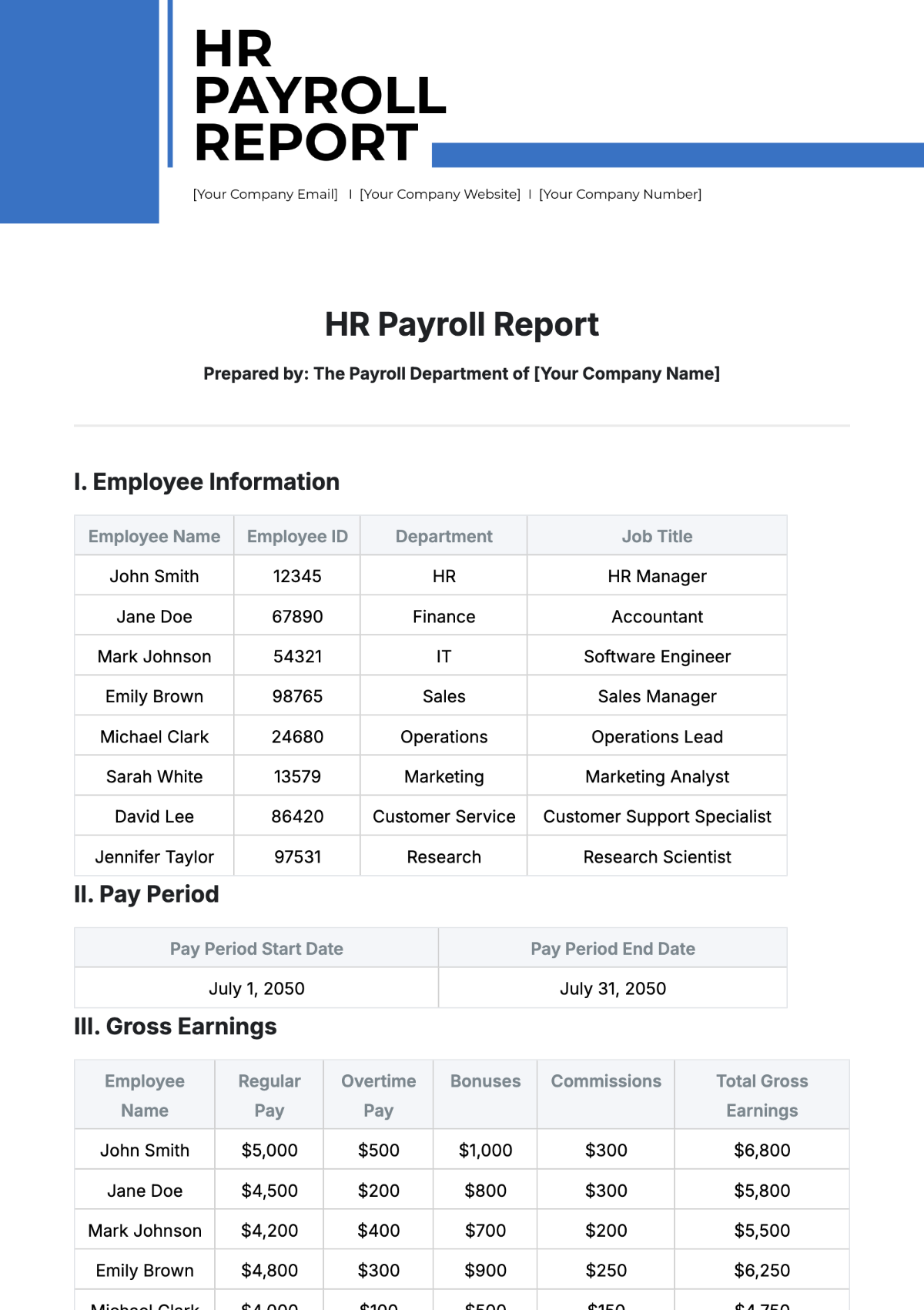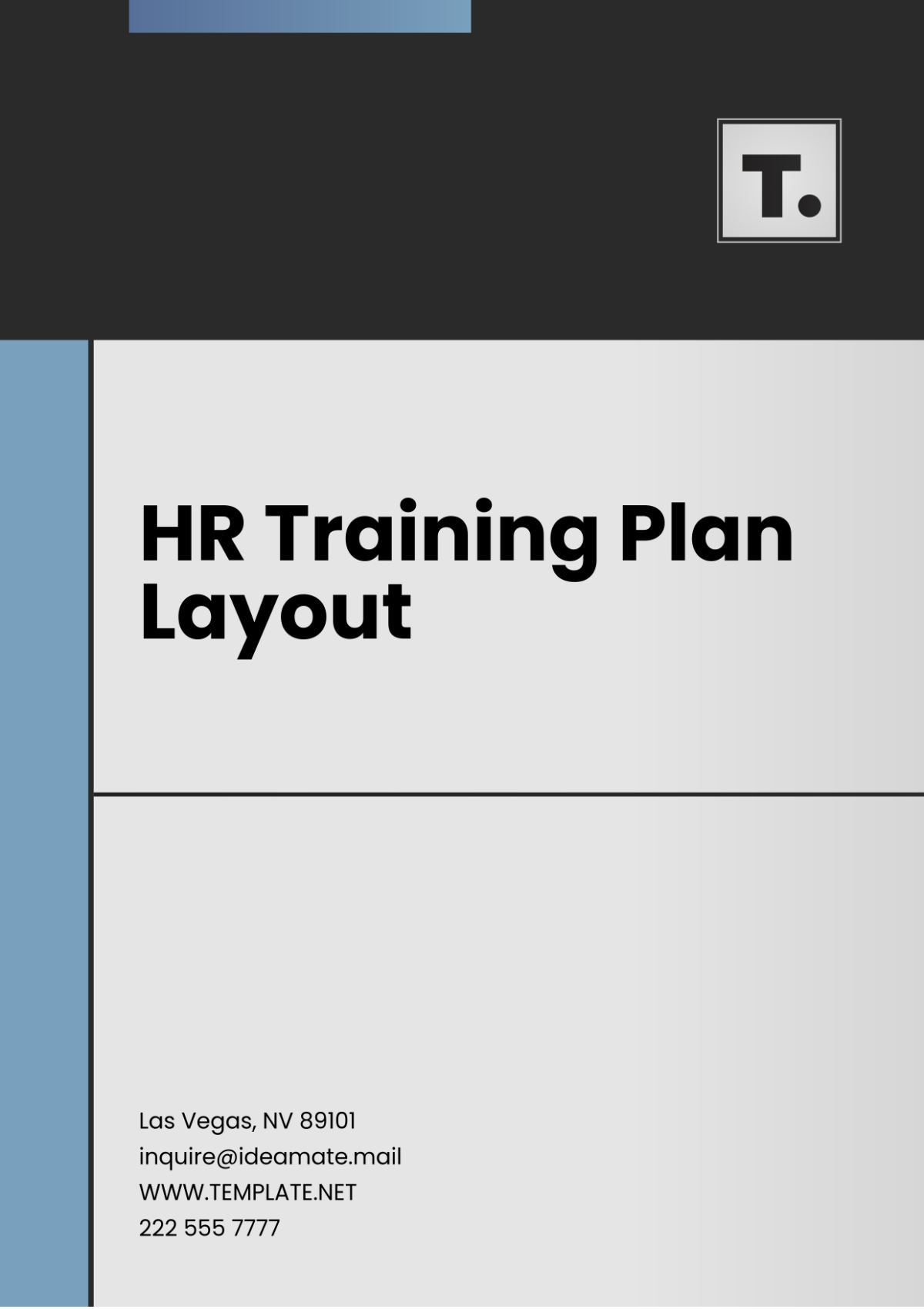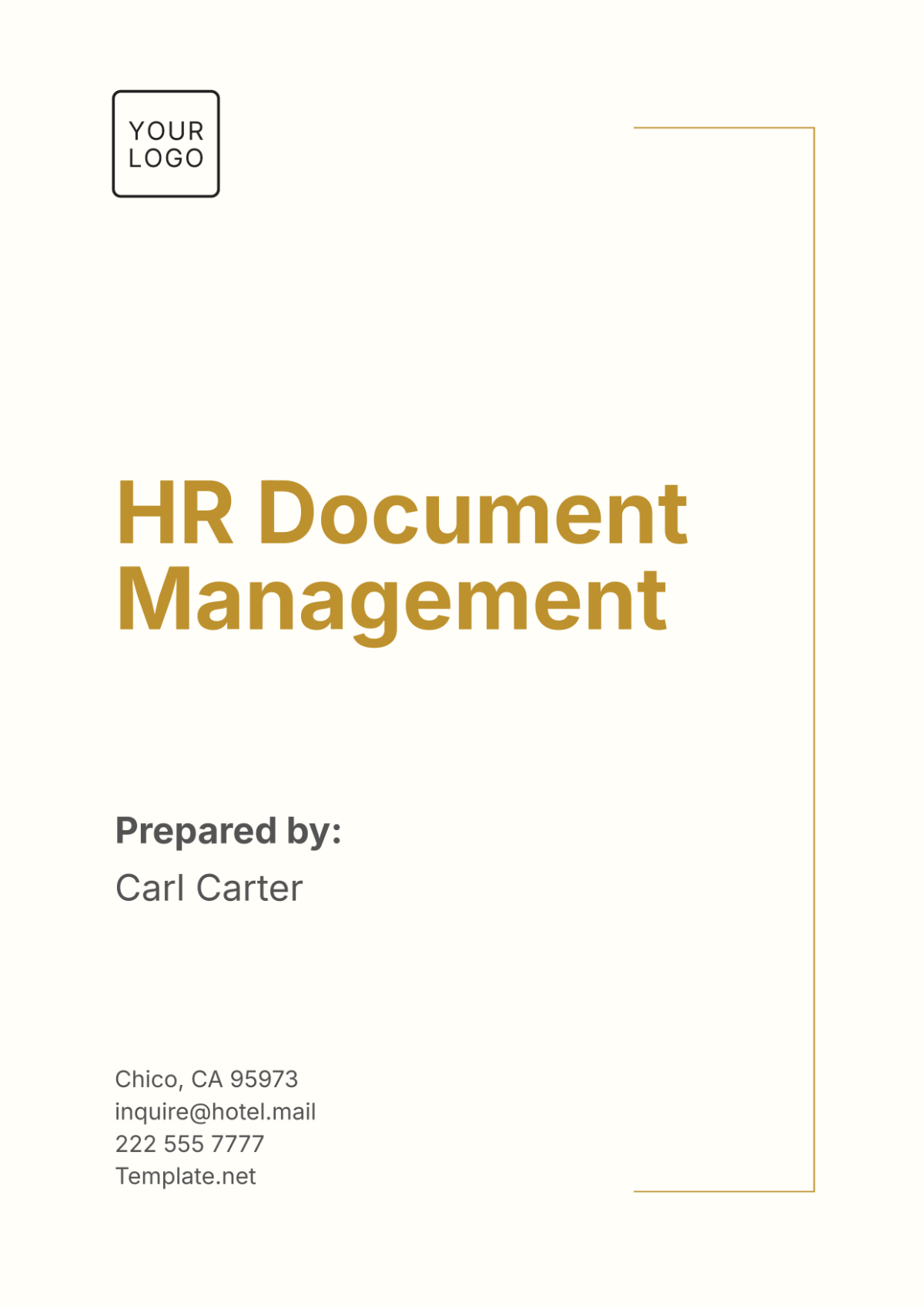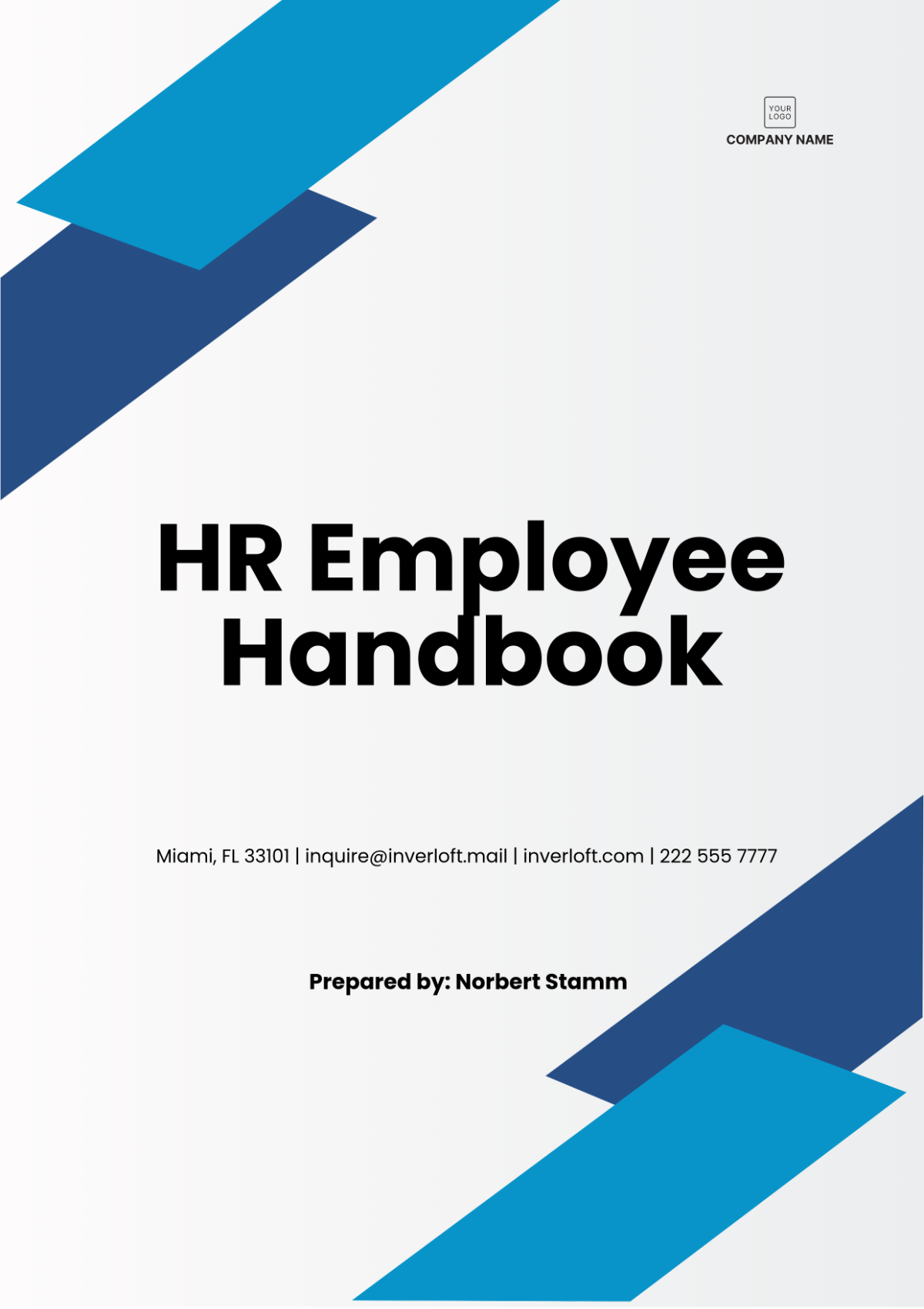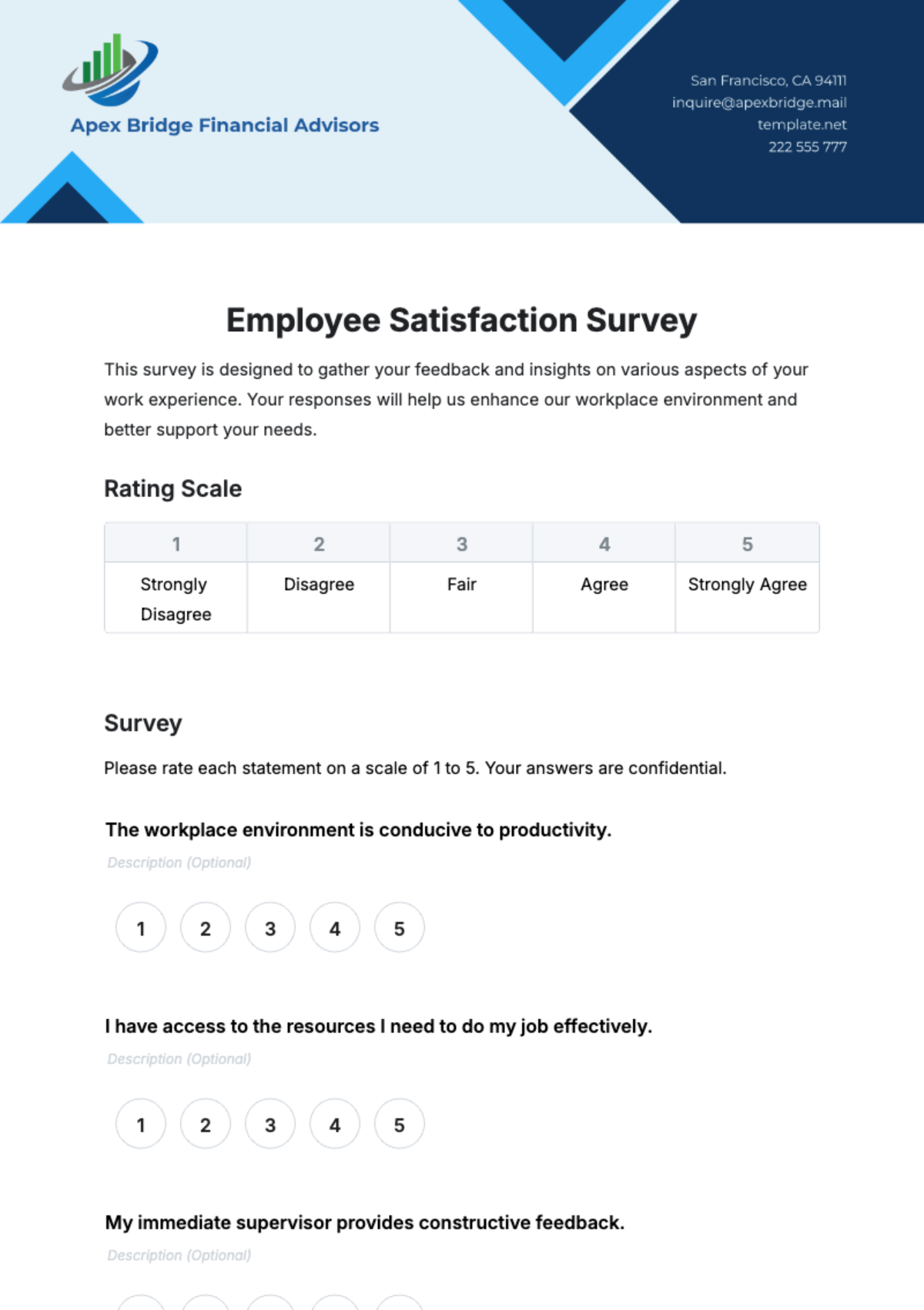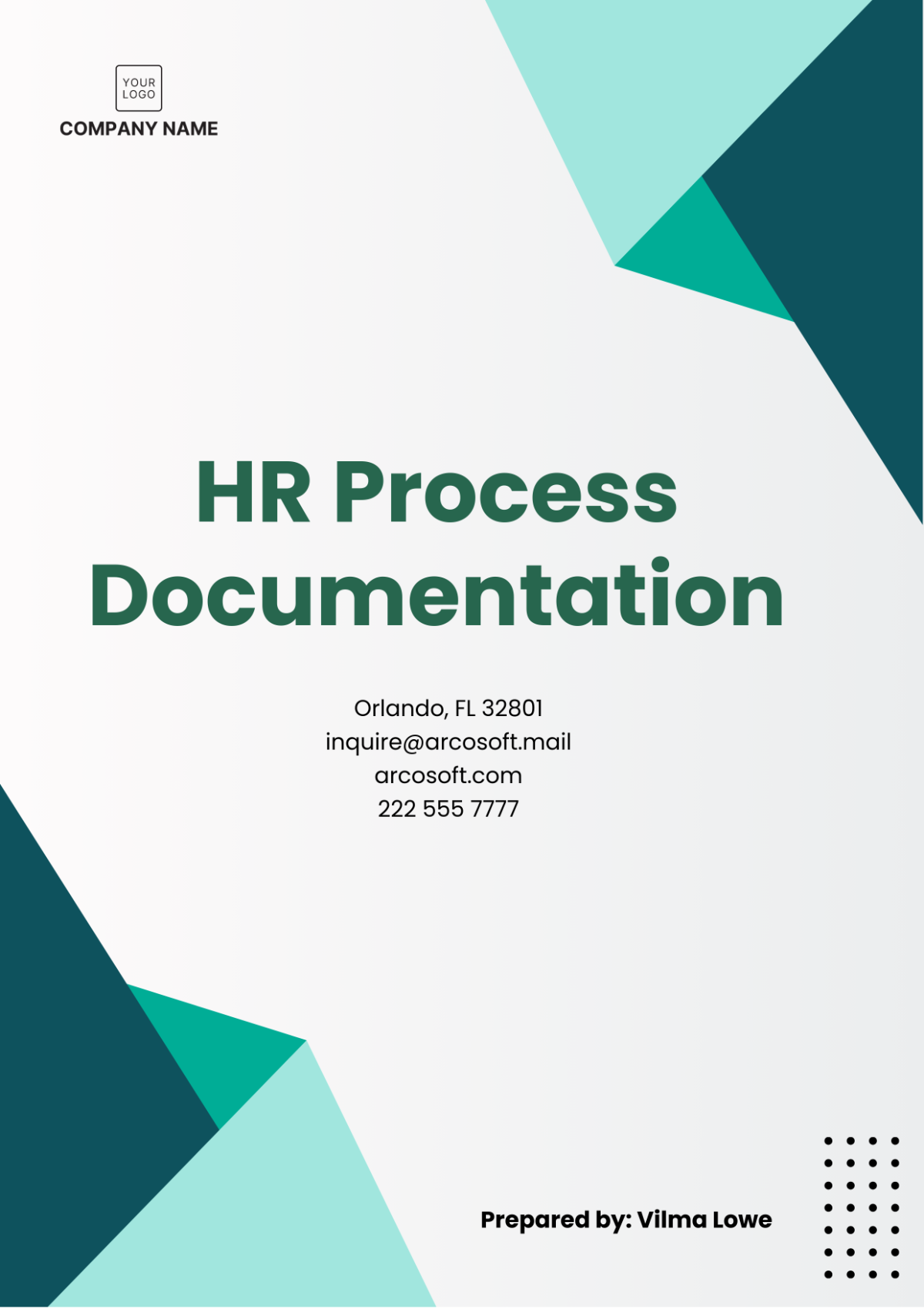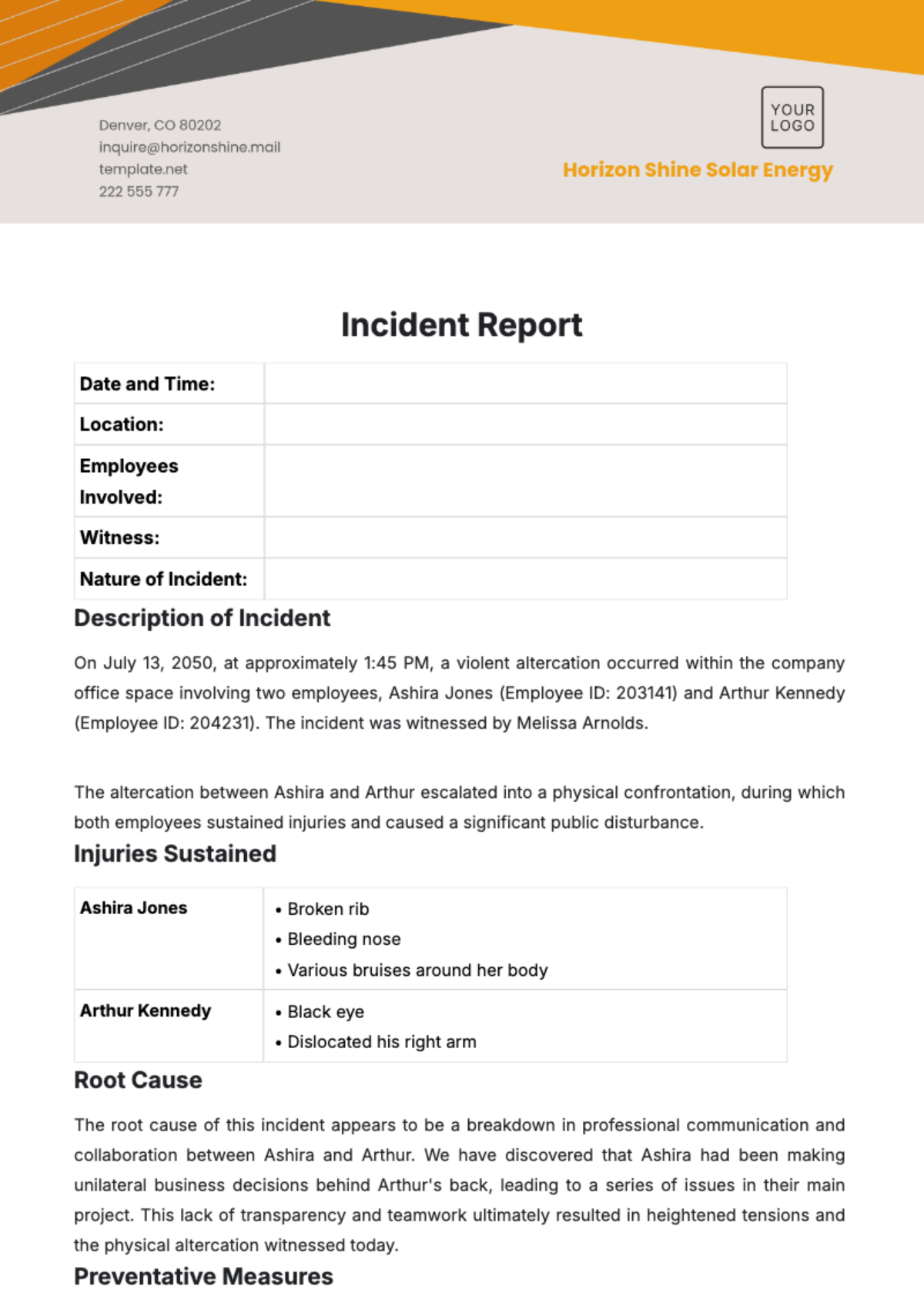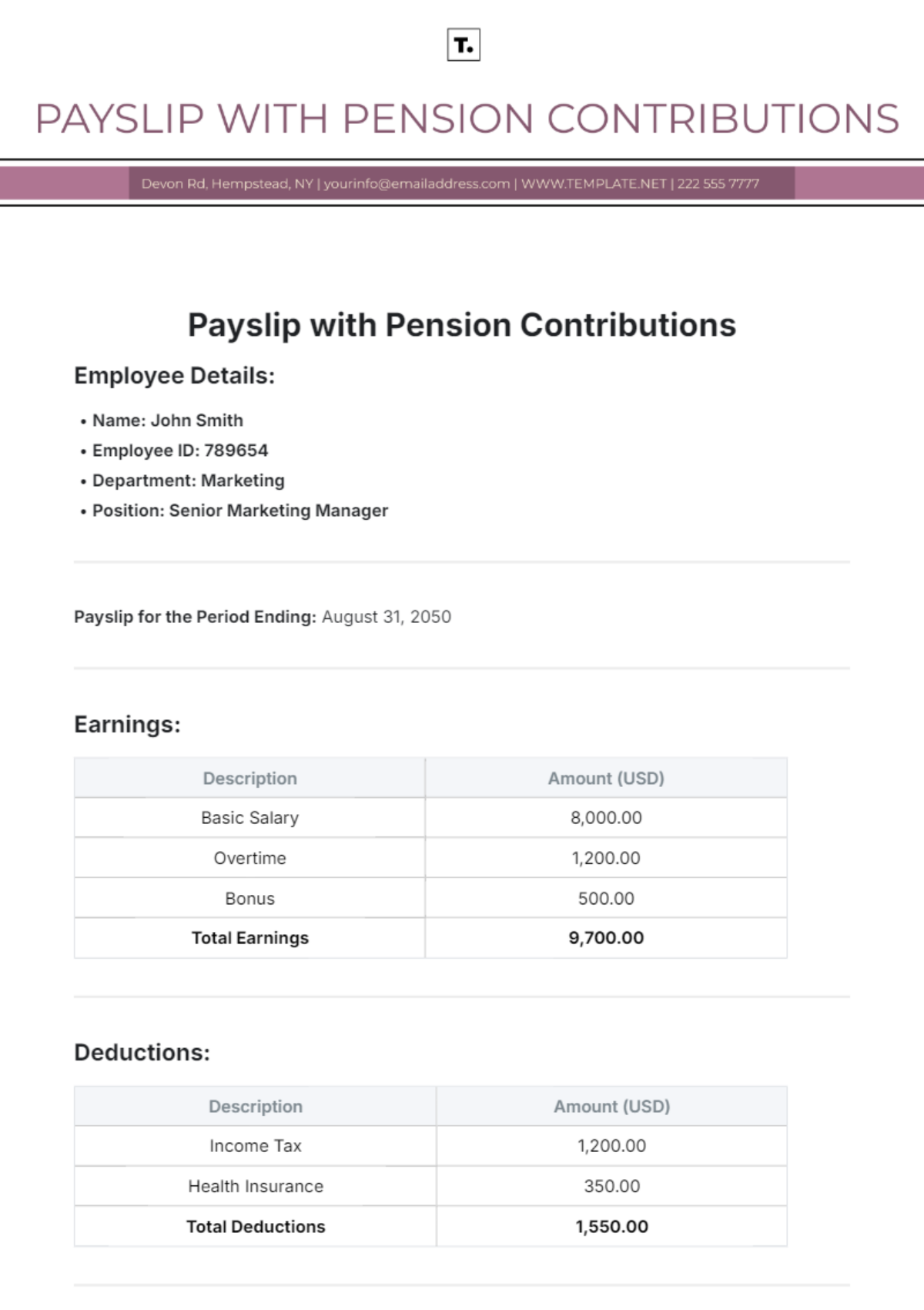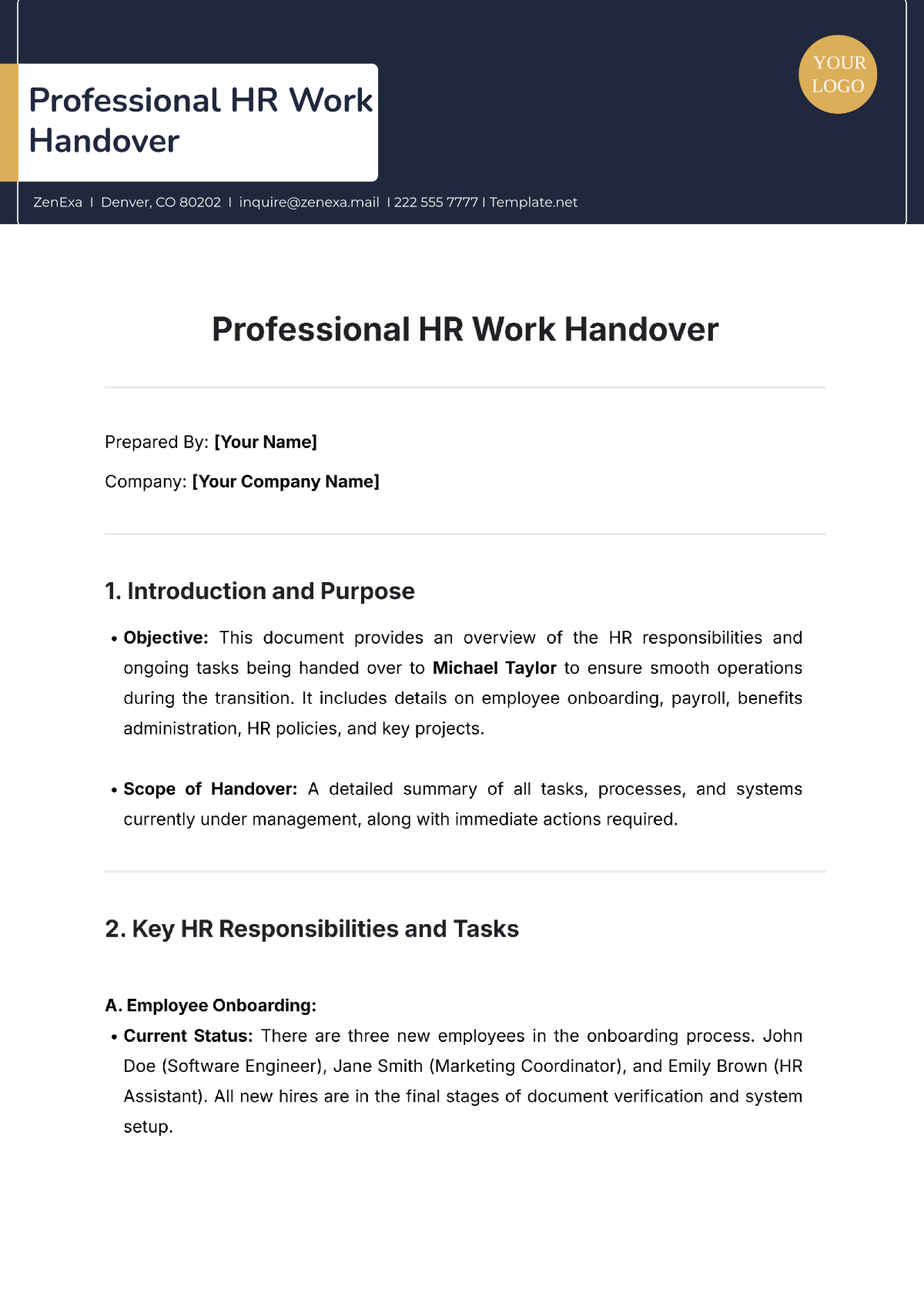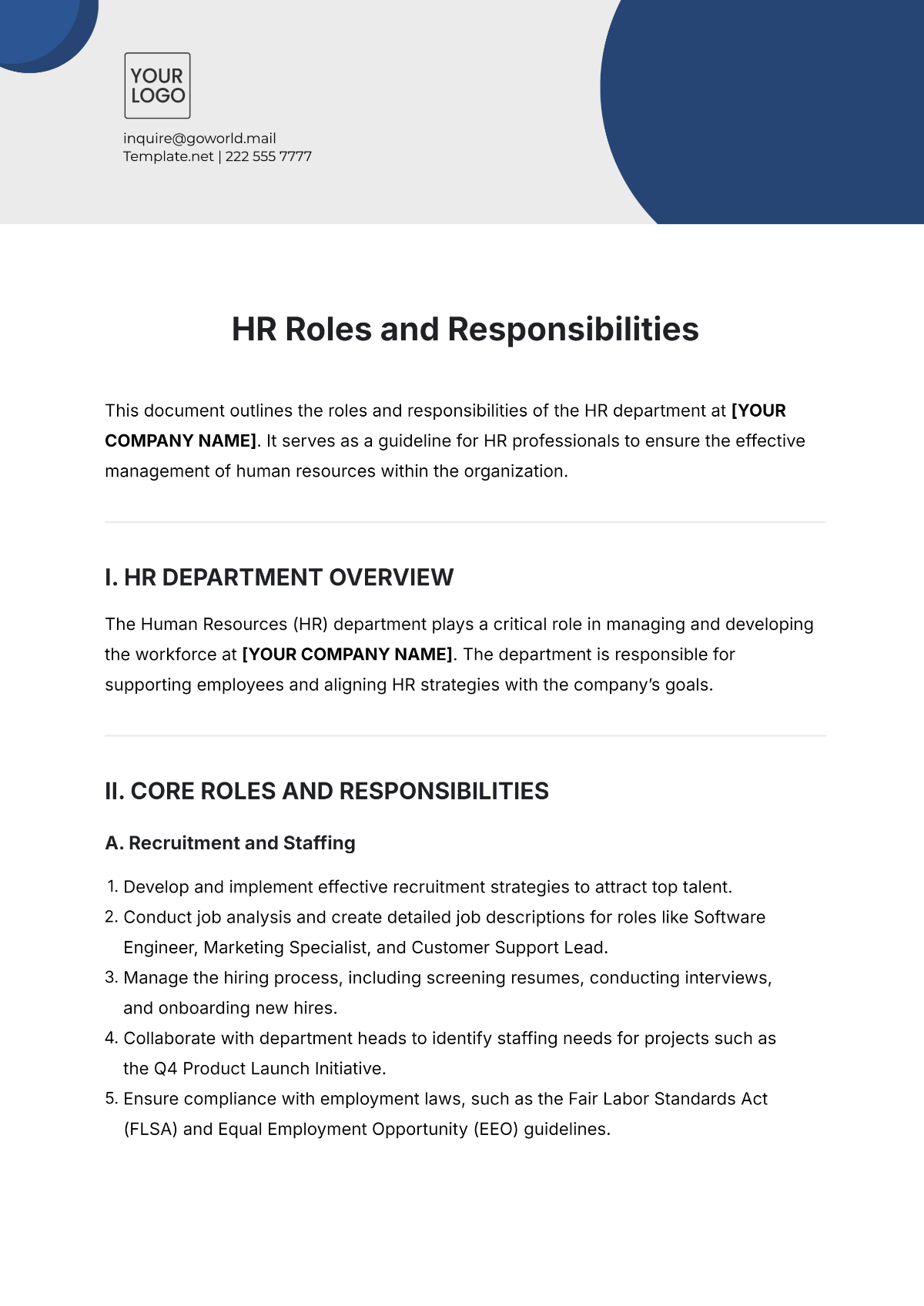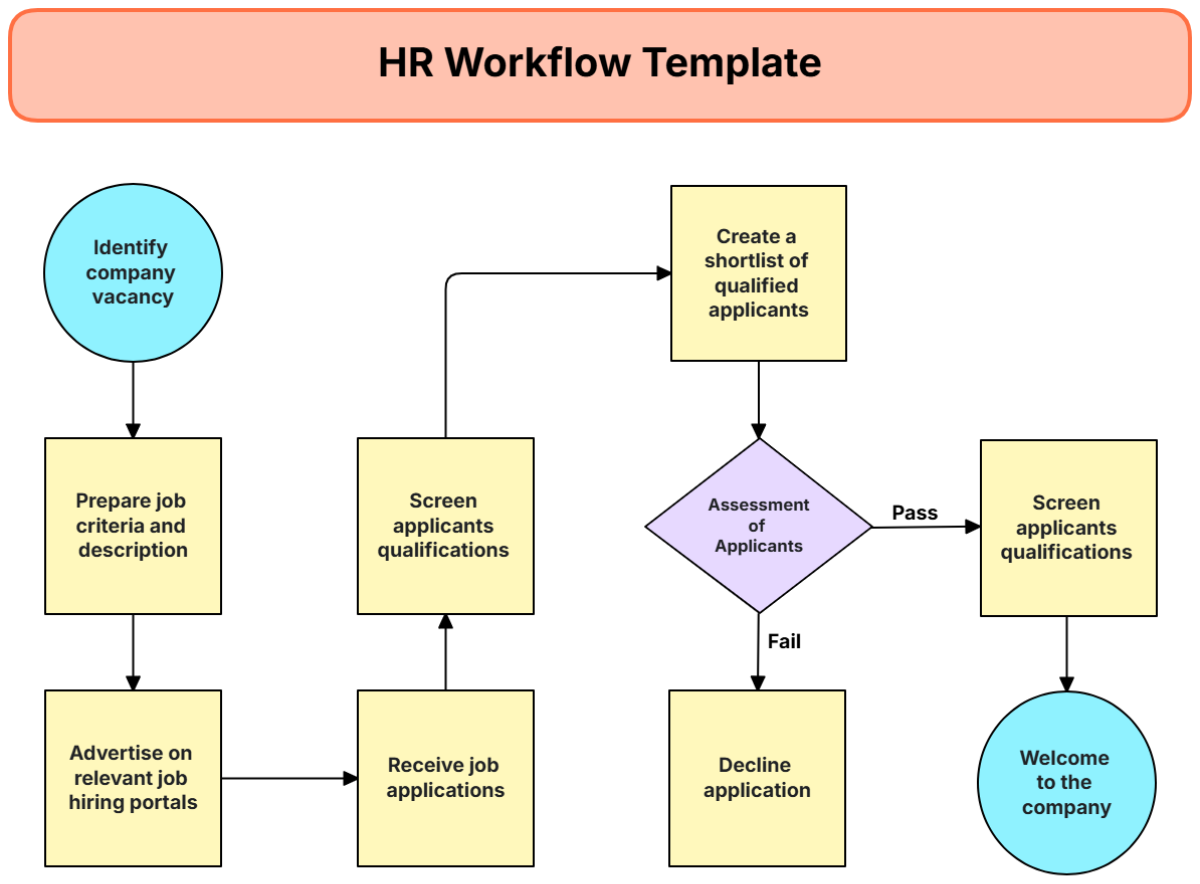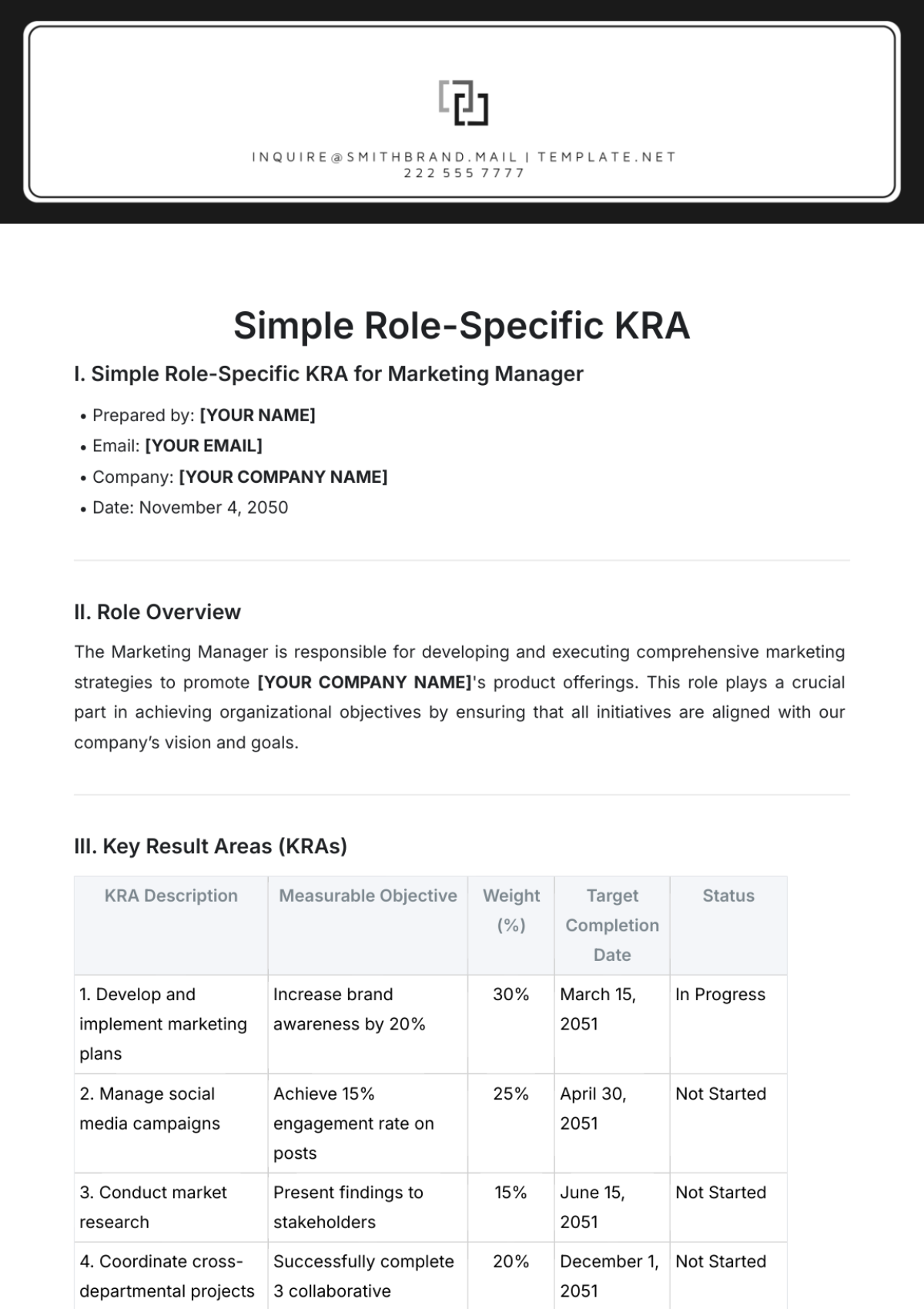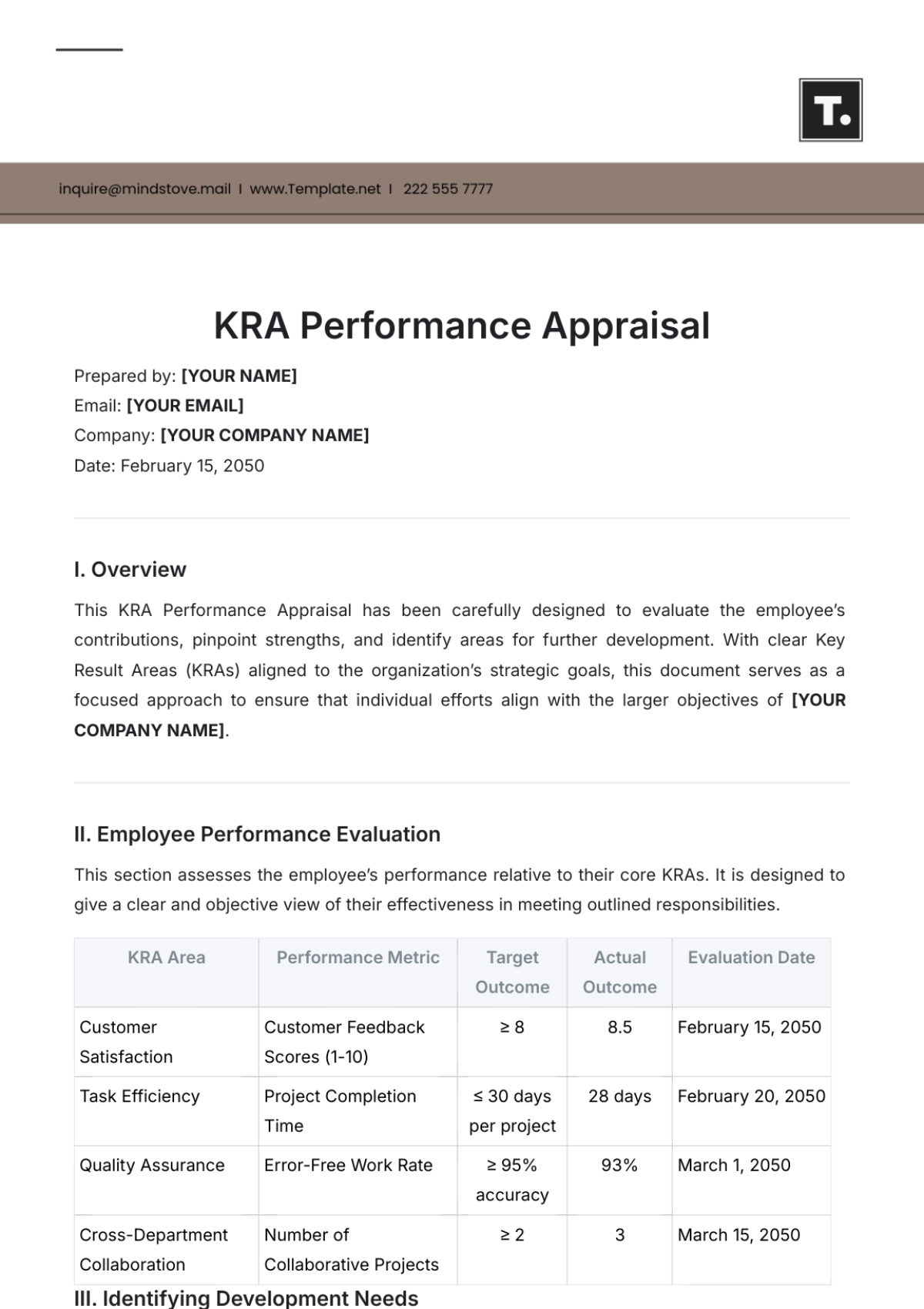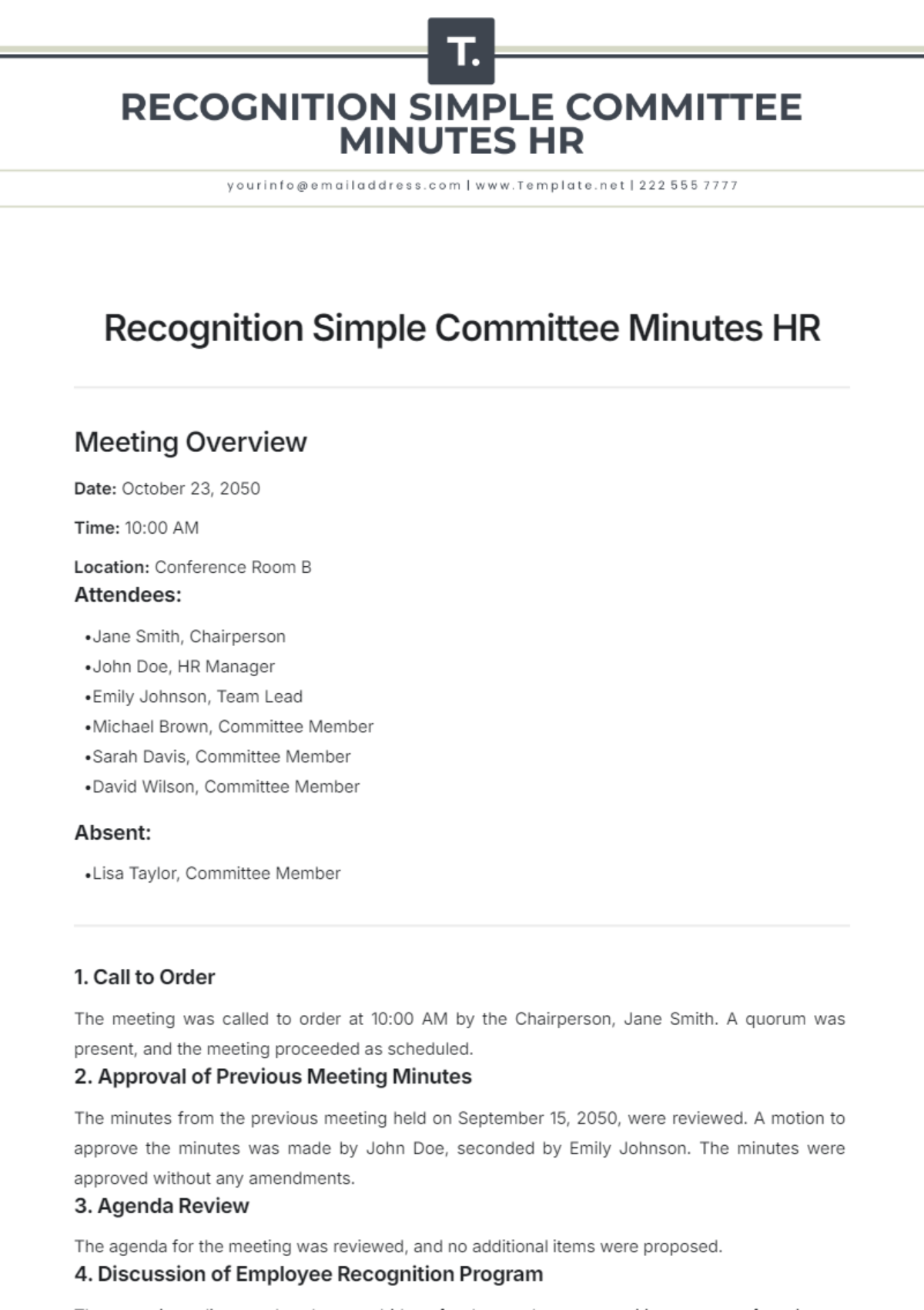FLEXIBLE SPENDING ACCOUNT GUIDE
INTRODUCTION:
Welcome to the Flexible Spending Account (FSA) Guide for [Your Company Name]. This guide provides an overview of the FSA program, its benefits, and how to make the most of it.
WHAT IS AN FSA?
An FSA is a tax-advantaged account that allows employees to set aside a portion of their pre-tax salary to pay for eligible medical, dental, and dependent care expenses. The funds in your FSA are exempt from federal and, in most cases, state income taxes.
TYPES OF FSAs:
Healthcare FSA: This account is used for qualified medical and dental expenses not covered by your insurance plan, such as copayments, deductibles, and prescription drugs.
Dependent Care FSA: This account helps you pay for eligible dependent care expenses, such as child care or elder care, so you can work or attend school.
BENEFITS OF AN FSA:
Tax Savings: Contributions to your FSA are deducted from your paycheck before taxes, reducing your taxable income and increasing your take-home pay.
Savings on Qualified Expenses: Use your FSA funds to cover eligible healthcare and dependent care costs, including medical, dental, prescription, and childcare expenses.
Easy Access to Funds: Access your FSA funds conveniently through a debit card or reimbursement process.
CONTRIBUTIONS:
Your FSA contributions are deducted automatically from your paycheck, spreading your expenses over the year. The IRS sets annual contribution limits. Please consult HR for your specific contribution limits.
ELIGIBLE EXPENSES:
Eligible expenses for an FSA can vary but generally include:
Healthcare FSA: Doctor's office visits, hospital expenses, prescription medications, dental treatments, vision care (glasses, contact lenses), mental health services, and many other medically necessary expenses.
Dependent Care FSA: Expenses related to the care of dependent children or adults who cannot care for themselves, such as daycare, before-school and after-school care, summer day camps, and in-home care.
It's important to note that not all expenses are eligible for FSA reimbursement. For a comprehensive list of eligible expenses, please refer to IRS guidelines or your plan documents.
REIMBURSEMENT PROCESS:
To receive reimbursement for eligible expenses:
Retain all documentation: Keep copies of itemized receipts, invoices, and Explanation of Benefits (EOB) forms for healthcare expenses. For dependent care expenses, provide the caregiver's name, address, Tax Identification Number (TIN), and the services provided
Submit claims: Log in to your FSA provider's online portal or complete a paper claim form and submit it along with your supporting documentation.
Documentation requirements: Ensure your documentation is complete and accurate, including the date of service, description of the service or expense, and the amount paid. Failure to provide adequate documentation may result in the denial of your claim.
Keep records: Maintain copies of all submitted claims and reimbursements for your records.
Processing time: Reimbursement processing times may vary, but your FSA provider will generally aim to process claims promptly.
USE IT OR LOSE IT:
It's important to understand that FSA funds are typically "use it or lose it" by the end of the plan year. However, your plan may offer either a grace period or a carryover option to help you retain unused funds:
Grace Period: Some plans provide a grace period, typically extending until March 15th of the following plan year. During this period, you can incur additional eligible expenses and use any remaining funds from the previous year.
Carryover: Alternatively, your plan may allow you to carry over up to $550 of unused healthcare FSA funds to the next plan year. Rules for dependent care FSAs may vary.
Before your plan's deadline, review your account balance and any applicable grace period or carryover provisions to maximize the benefits of your FSA.
ENROLLMENT AND CHANGES:
Enrolling in or making changes to your Flexible Spending Account (FSA) is a straightforward process. It's essential to be aware of the key enrollment periods and the circumstances under which you can modify your FSA contributions.
Open Enrollment Period:
The primary opportunity to enroll in or make changes to your FSA is during the annual open enrollment period. During this period, typically held towards the end of the calendar year, you can select your desired FSA contribution amounts for the upcoming plan year.
Qualifying Life Events:
Outside of the open enrollment period, you may be eligible to make changes to your FSA contributions due to qualifying life events. These events may include, but are not limited to:
Marriage or divorce
Birth or adoption of a child
Change in employment status
Significant change in dependent care needs
In the event of a qualifying life event, you typically have a limited window to adjust your FSA contributions to align with your changing circumstances. Ensure that you promptly notify the HR department of any qualifying life events to take advantage of this opportunity.
Mid-Year Changes:
In some cases, your FSA plan may offer the flexibility to make mid-year changes to your contributions for reasons other than qualifying life events. These changes could be allowed under specific plan provisions or due to new regulations. Be sure to check with HR or your FSA provider for any available options.
FSA Plan Documents:
To fully understand the enrollment and changes process specific to your FSA, refer to the FSA plan documents provided by [Your Company Name]. These documents will outline the procedures, deadlines, and any unique rules associated with your FSA plan.
Plan Ahead:
To make the most of your FSA benefits, it's crucial to plan ahead. Evaluate your anticipated healthcare and dependent care expenses, and carefully consider your contribution amounts during open enrollment or in response to qualifying life events. Proper planning ensures that you can maximize your tax savings while covering essential expenses effectively.
CONTACT INFORMATION:
For questions or assistance regarding your FSA, please contact HR Department at:
[Your Company Email]
[Your Company Phone Number]
